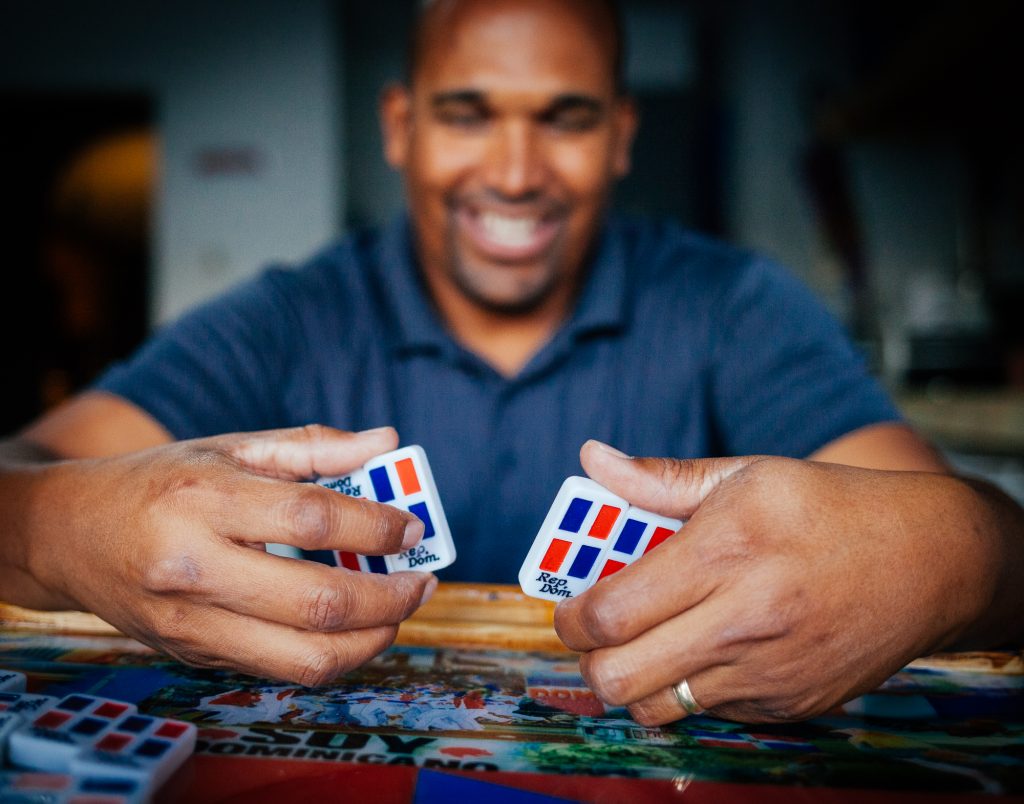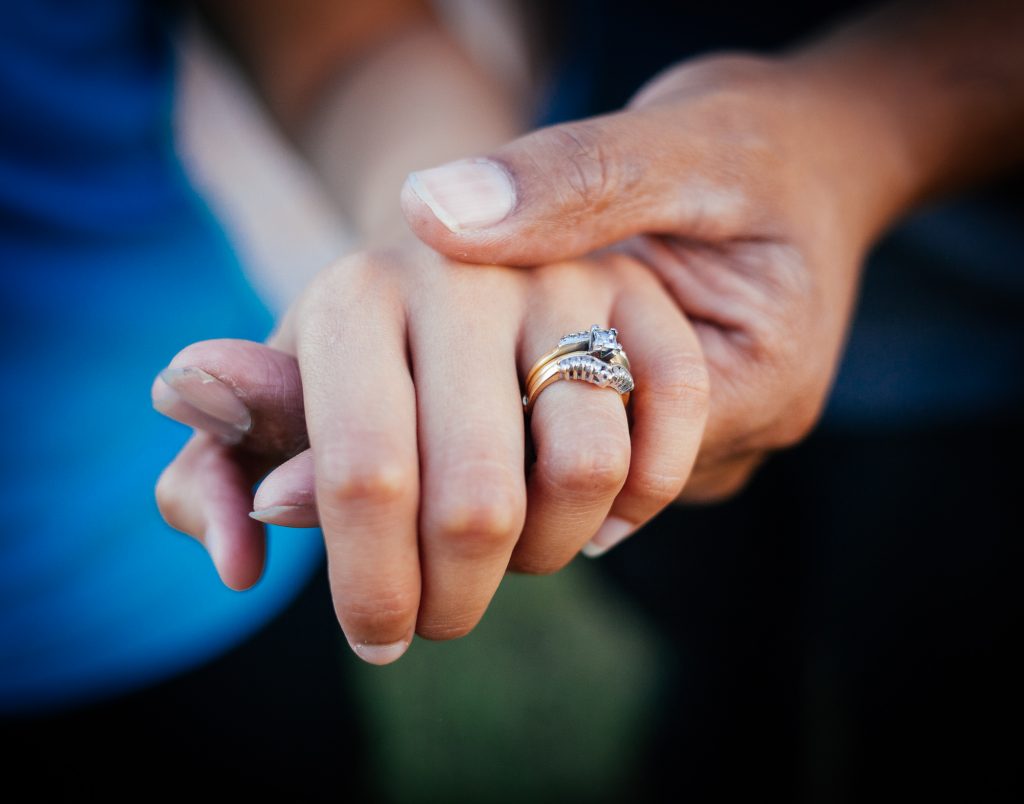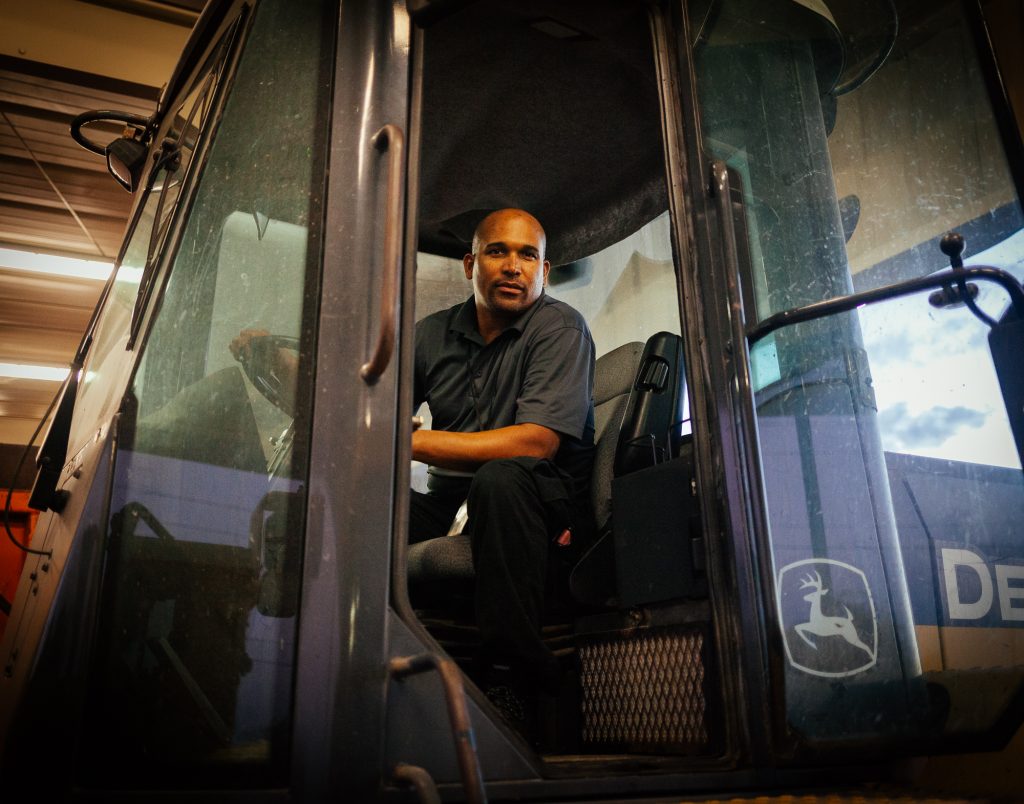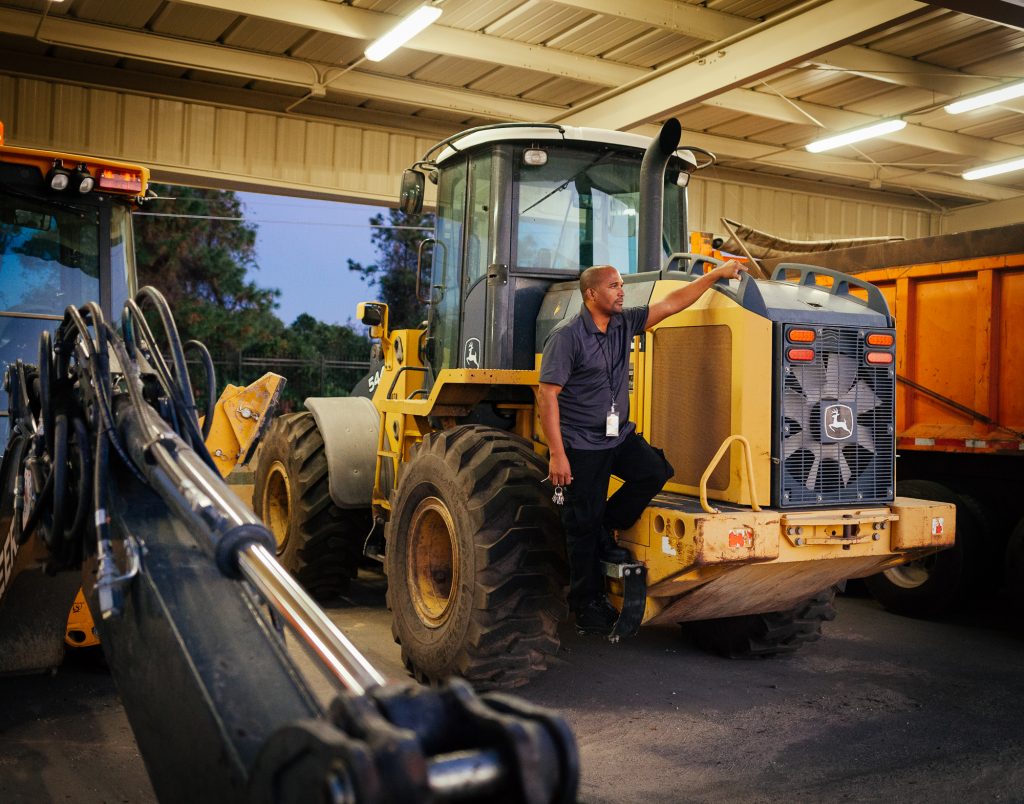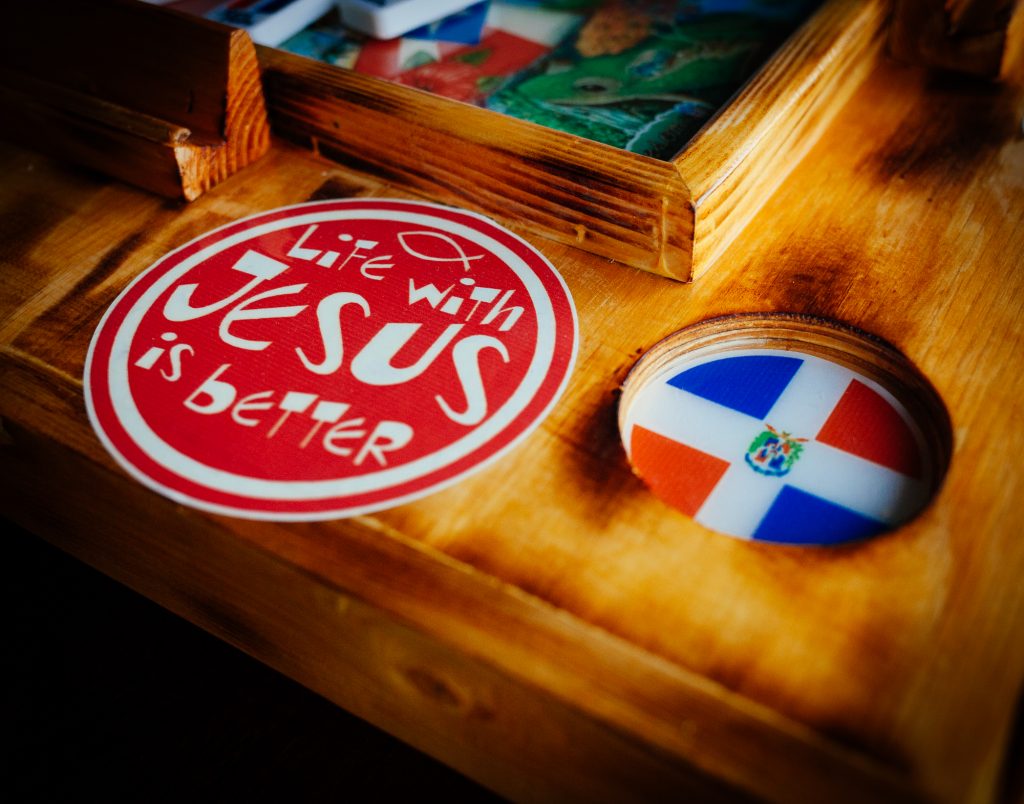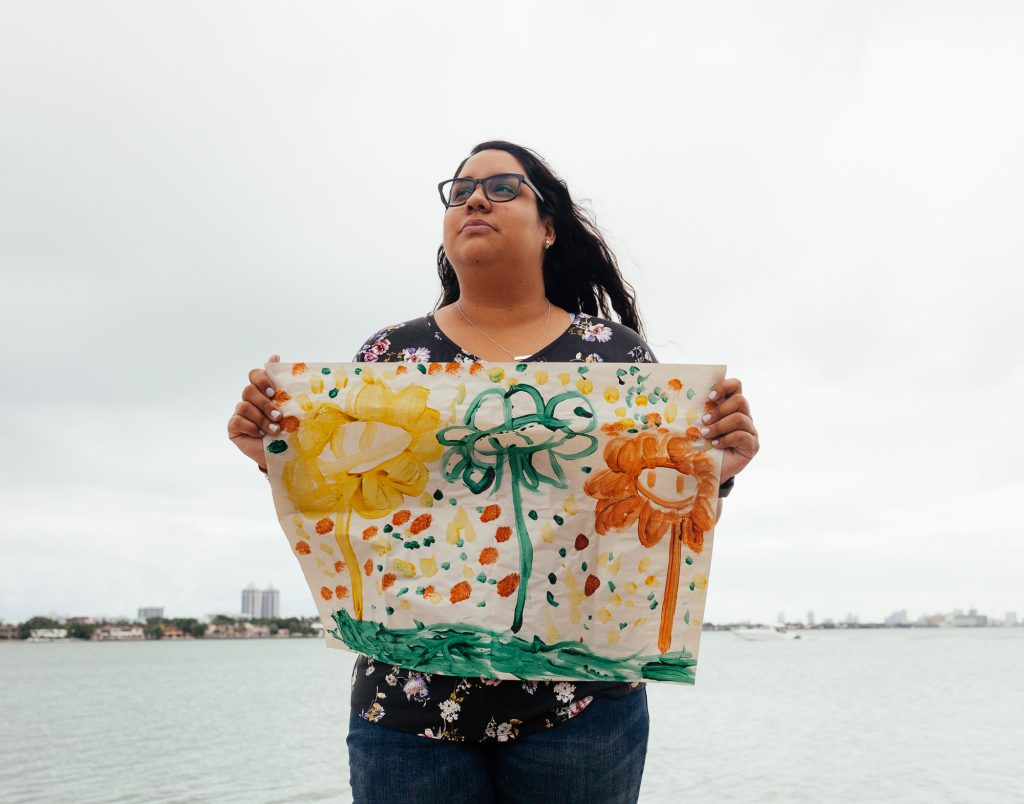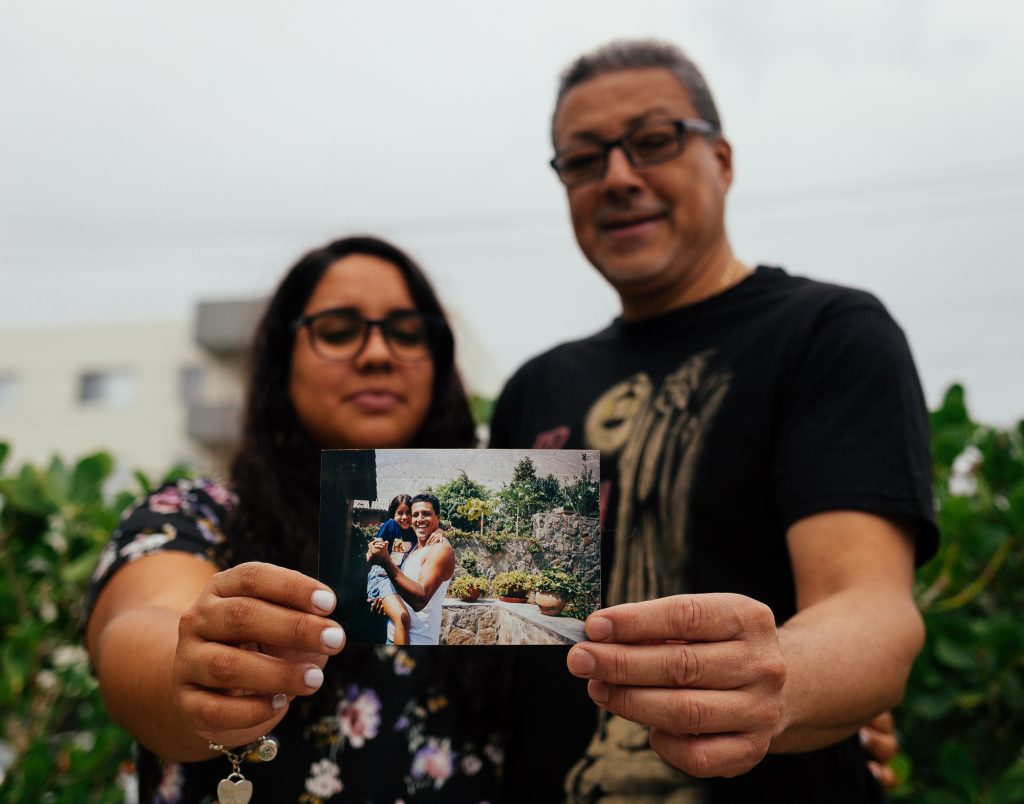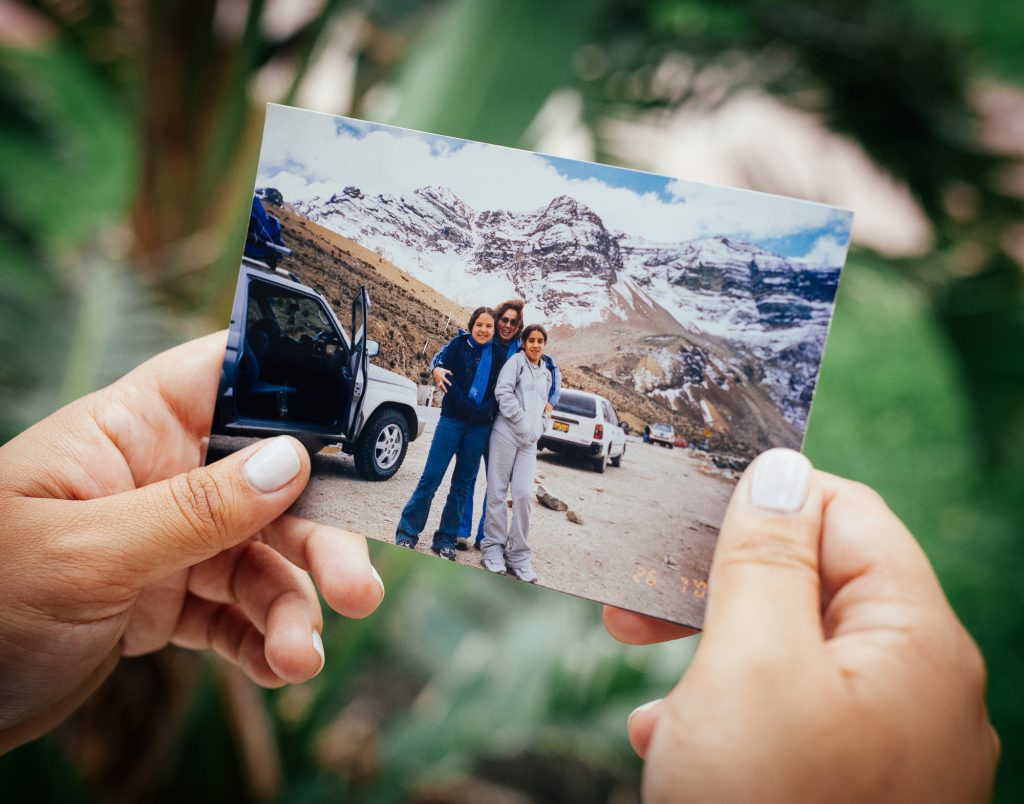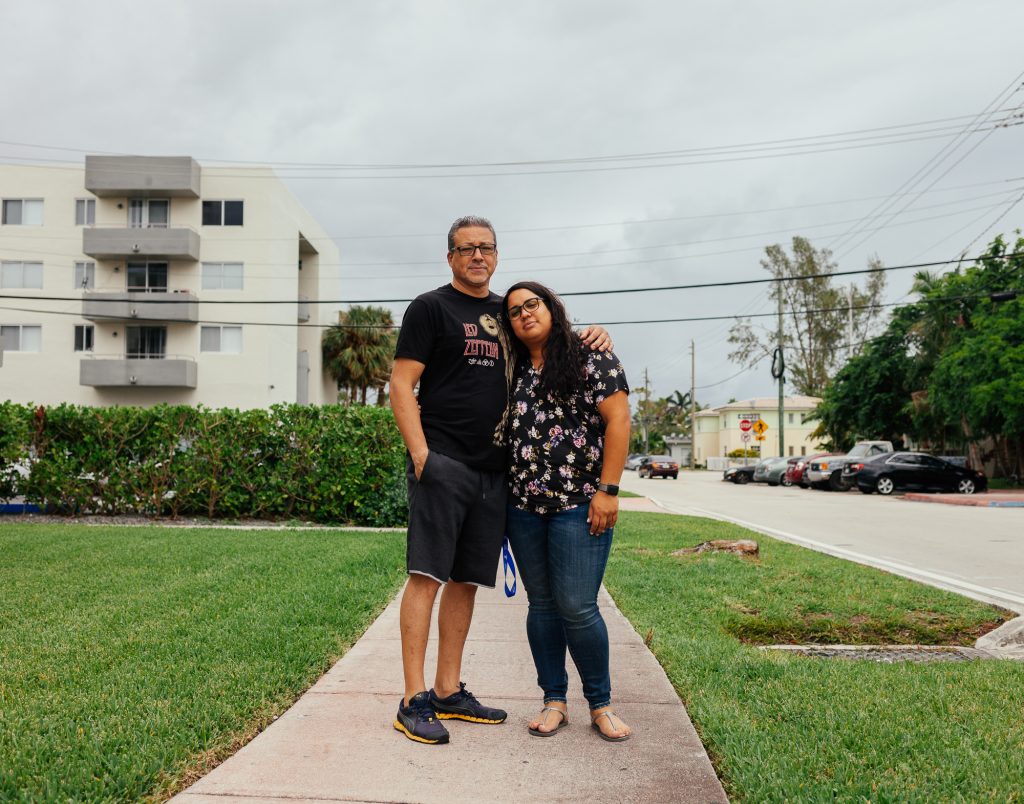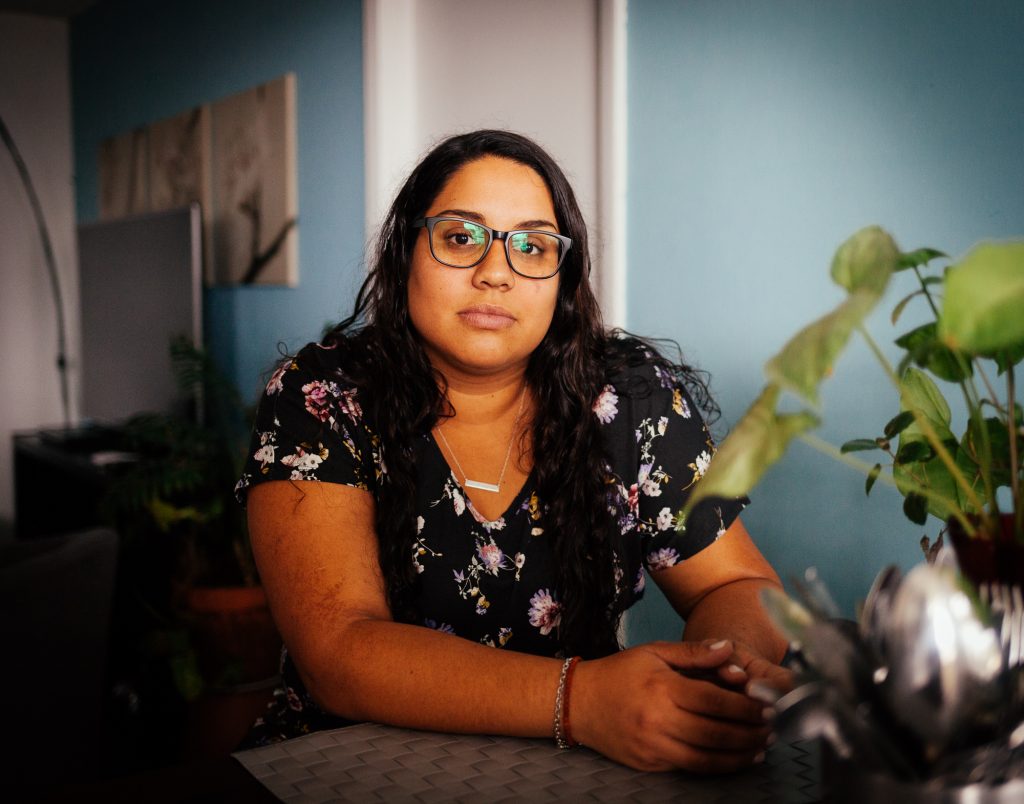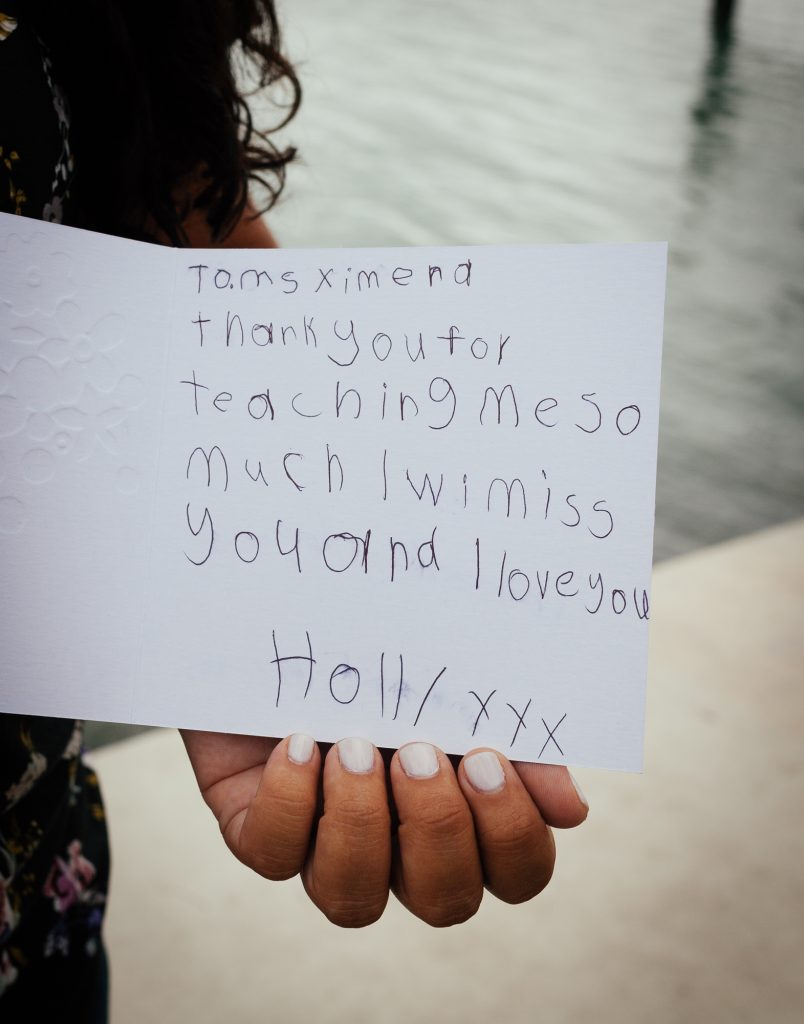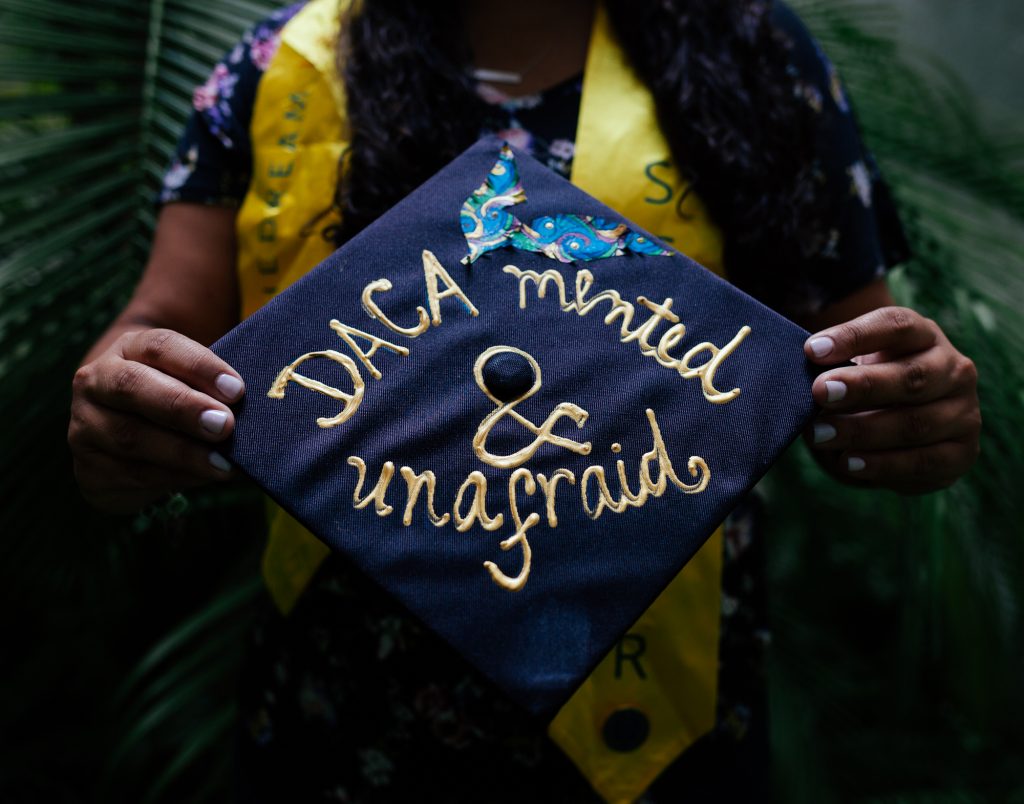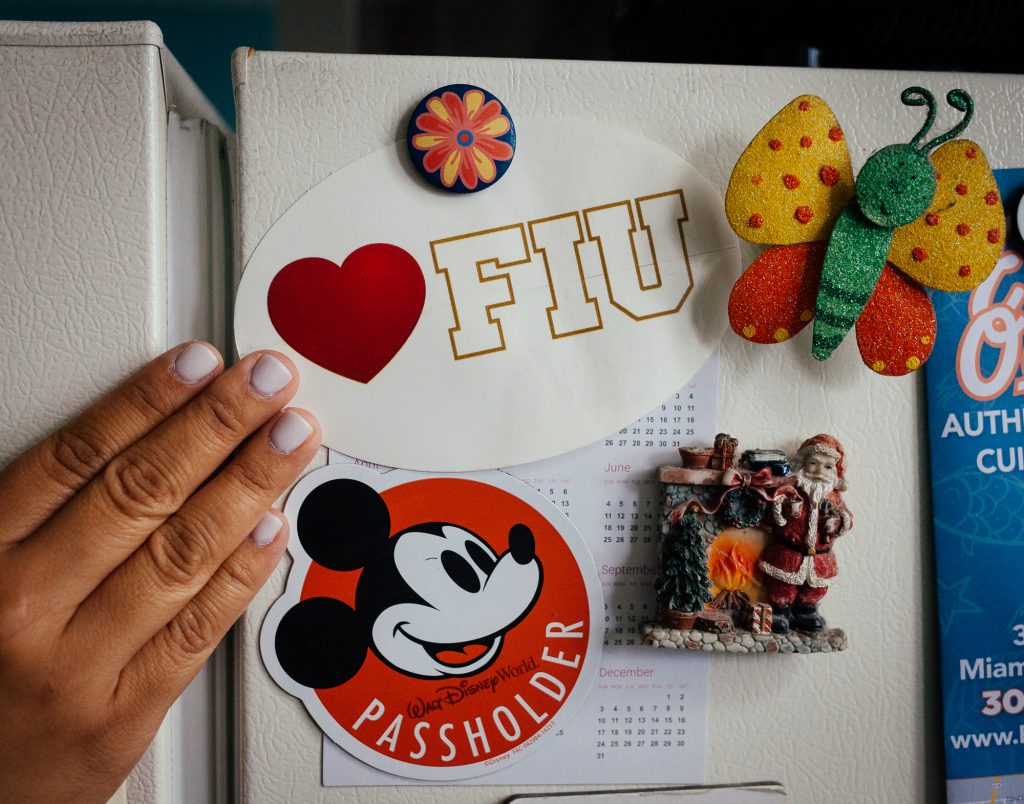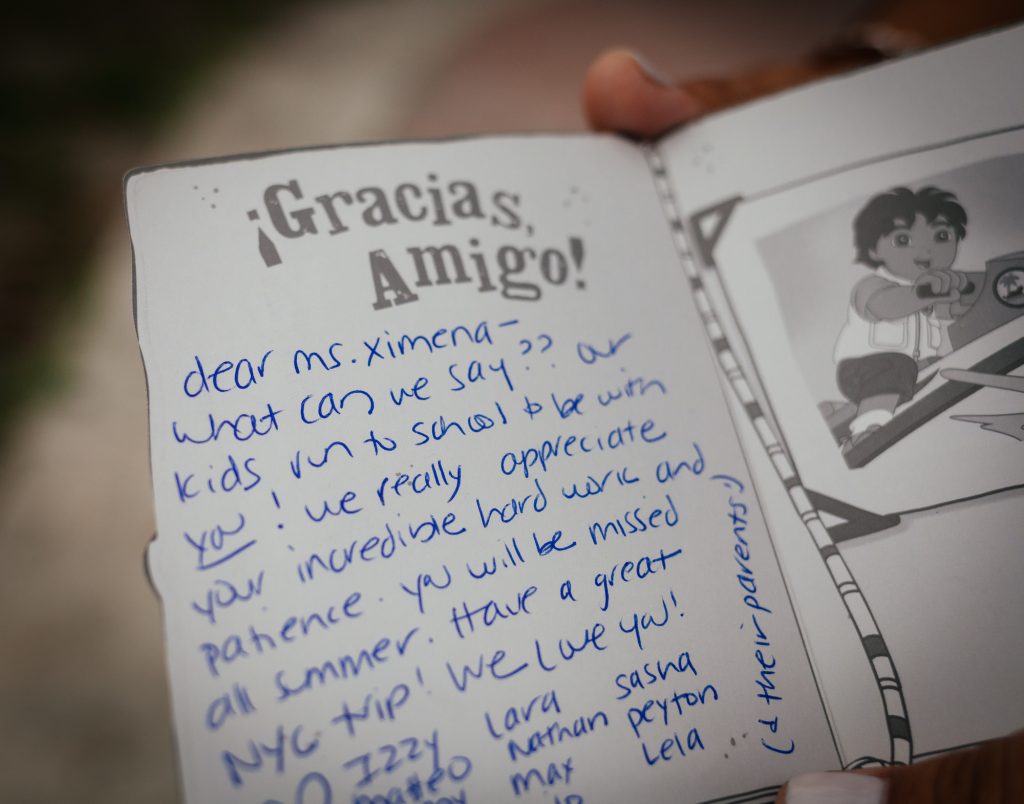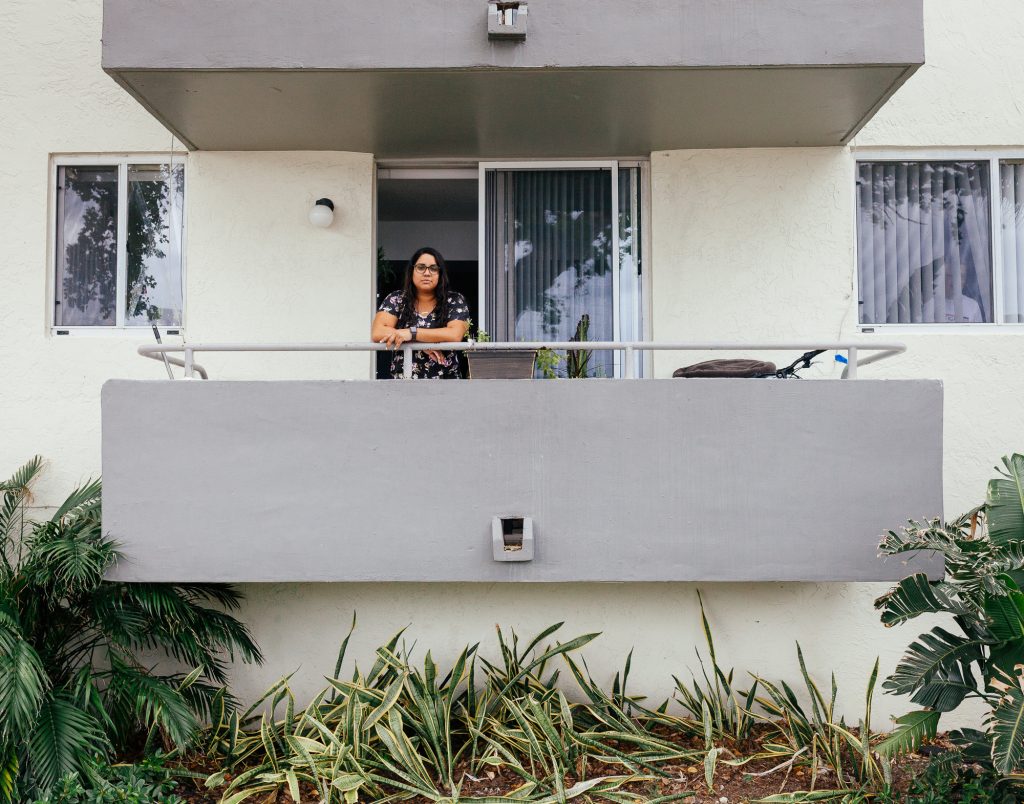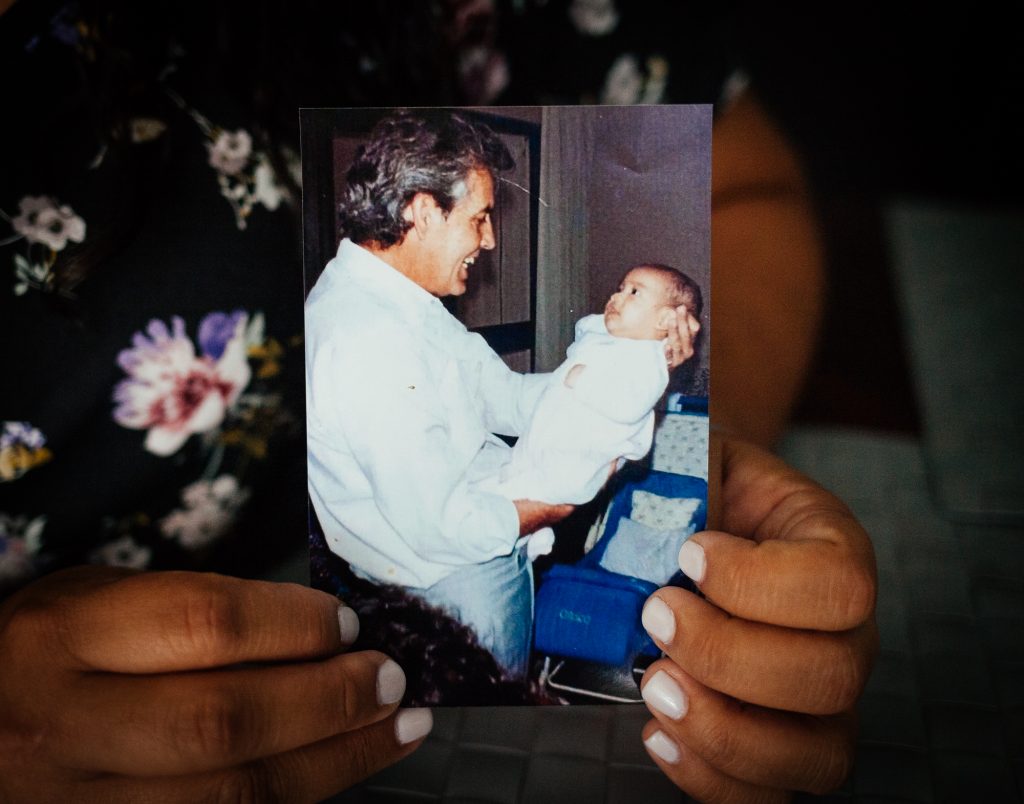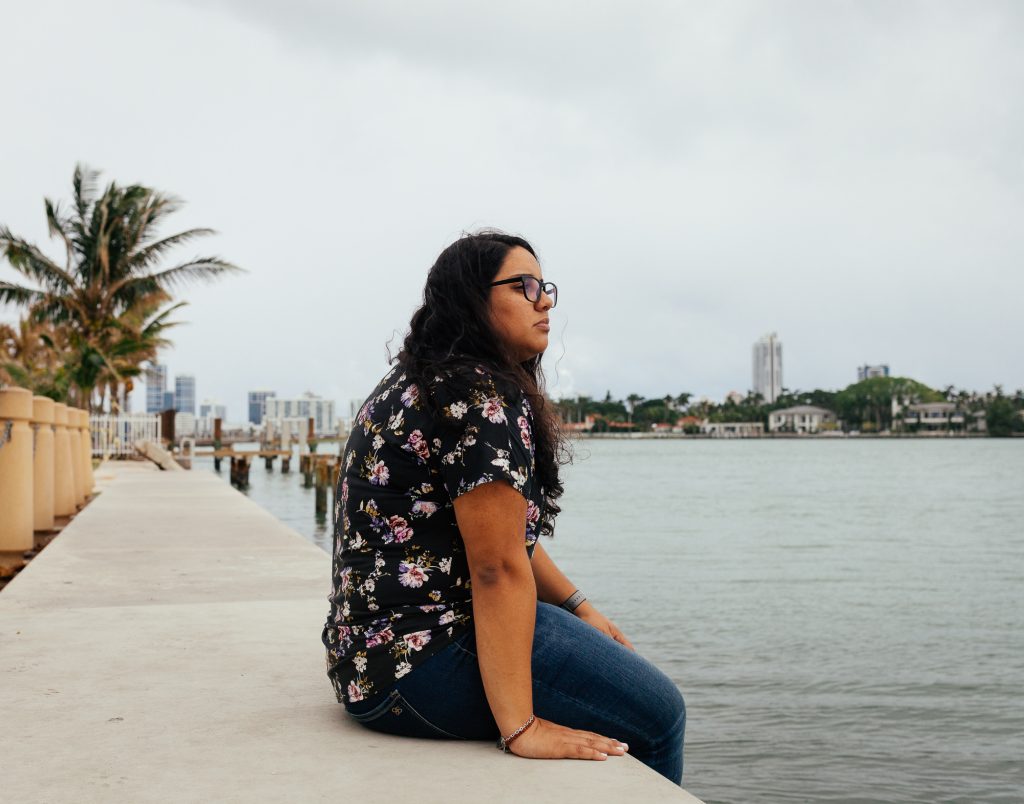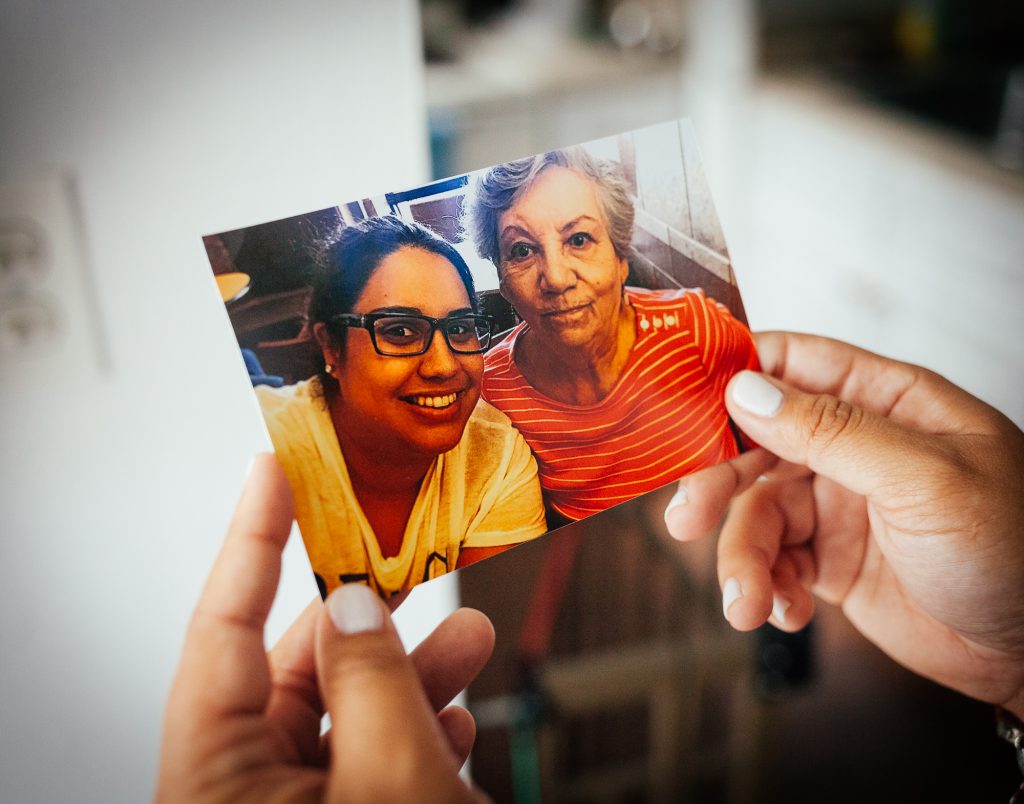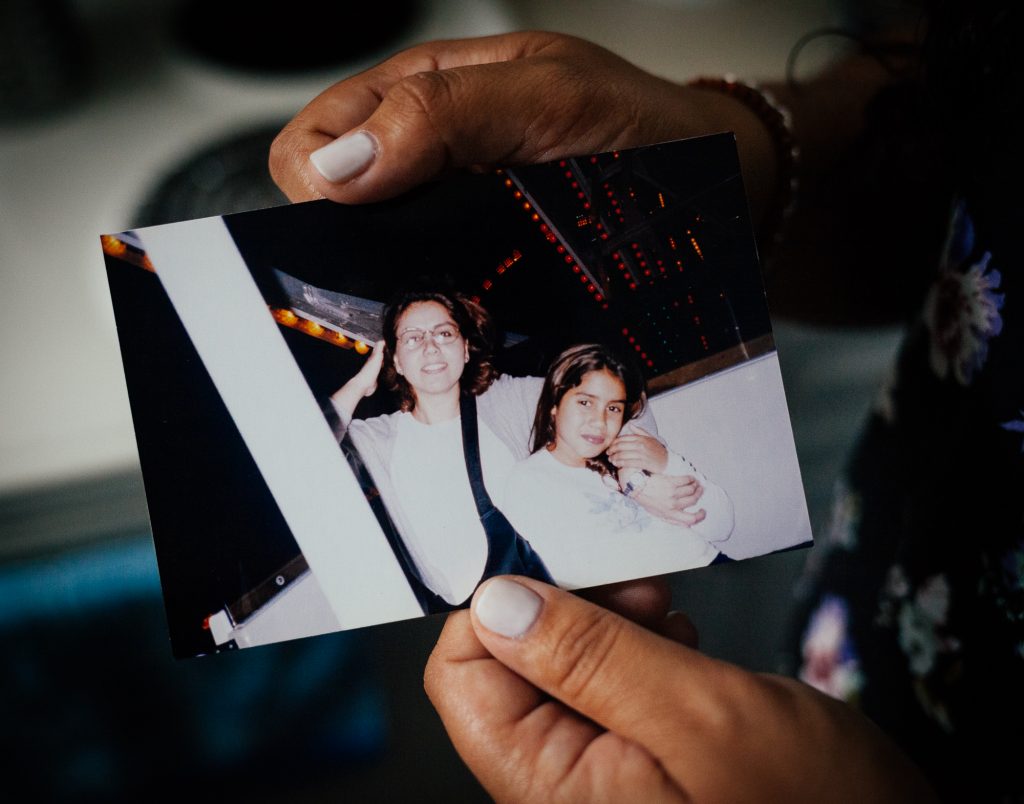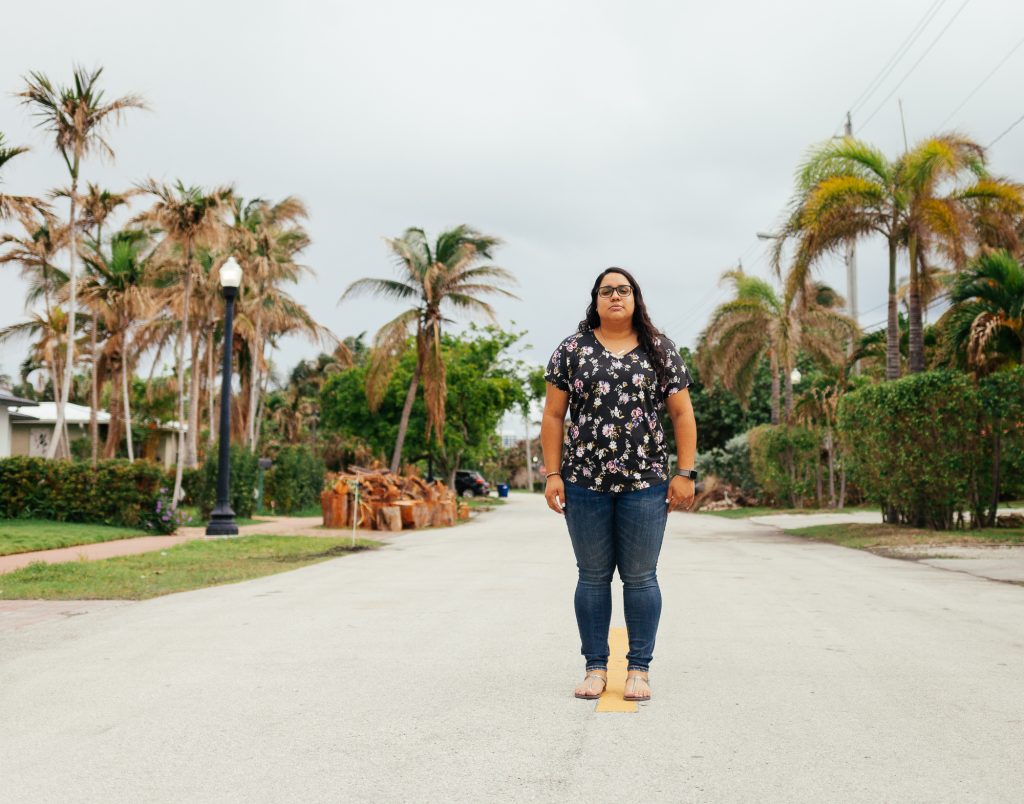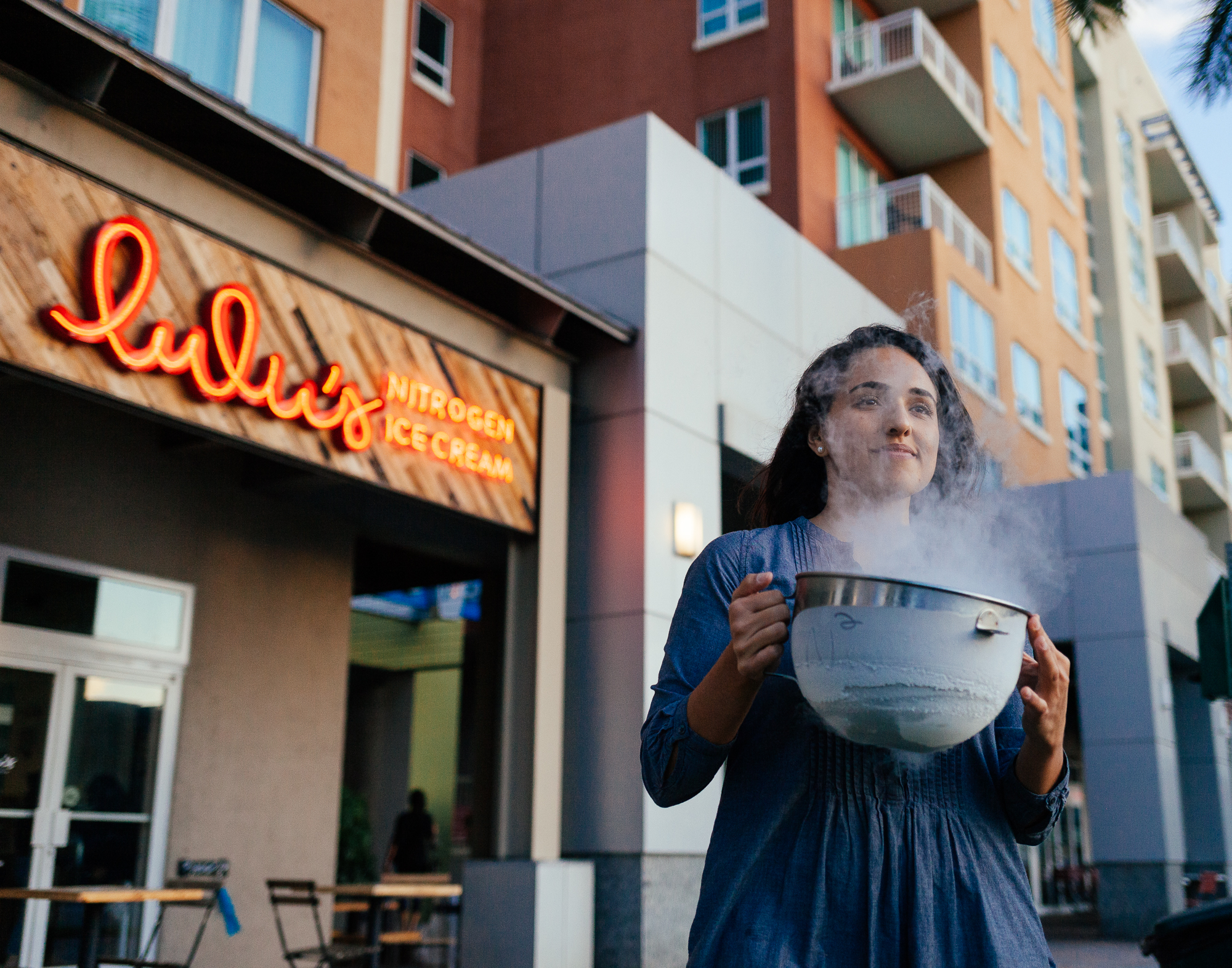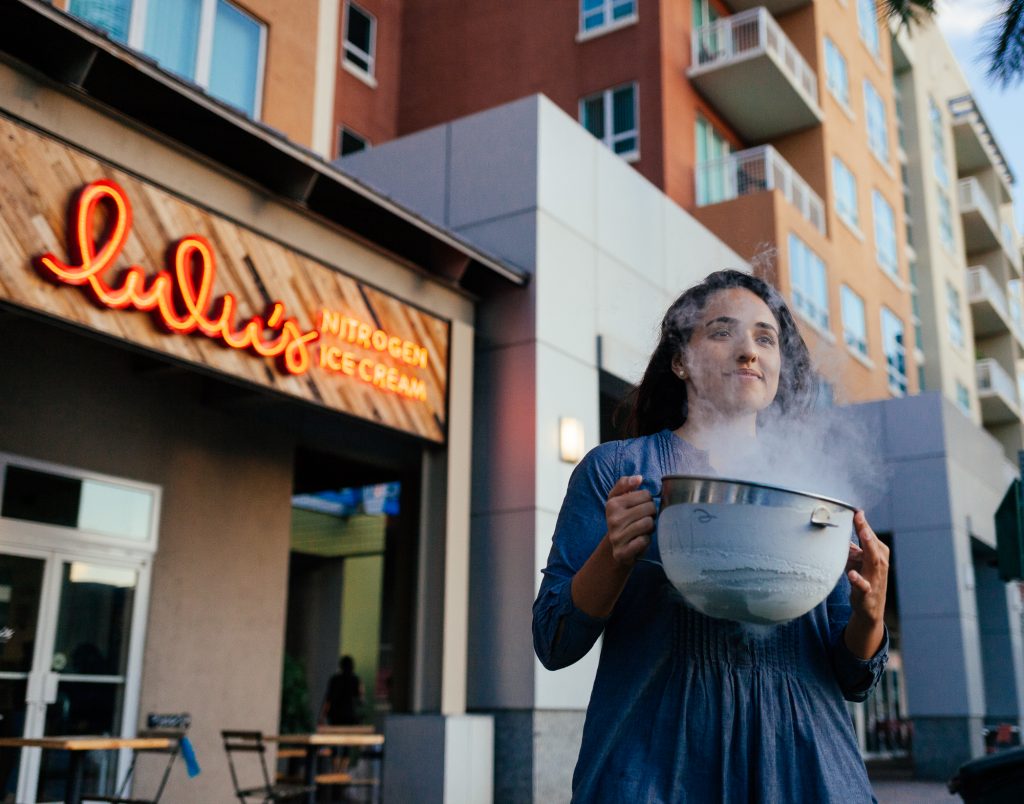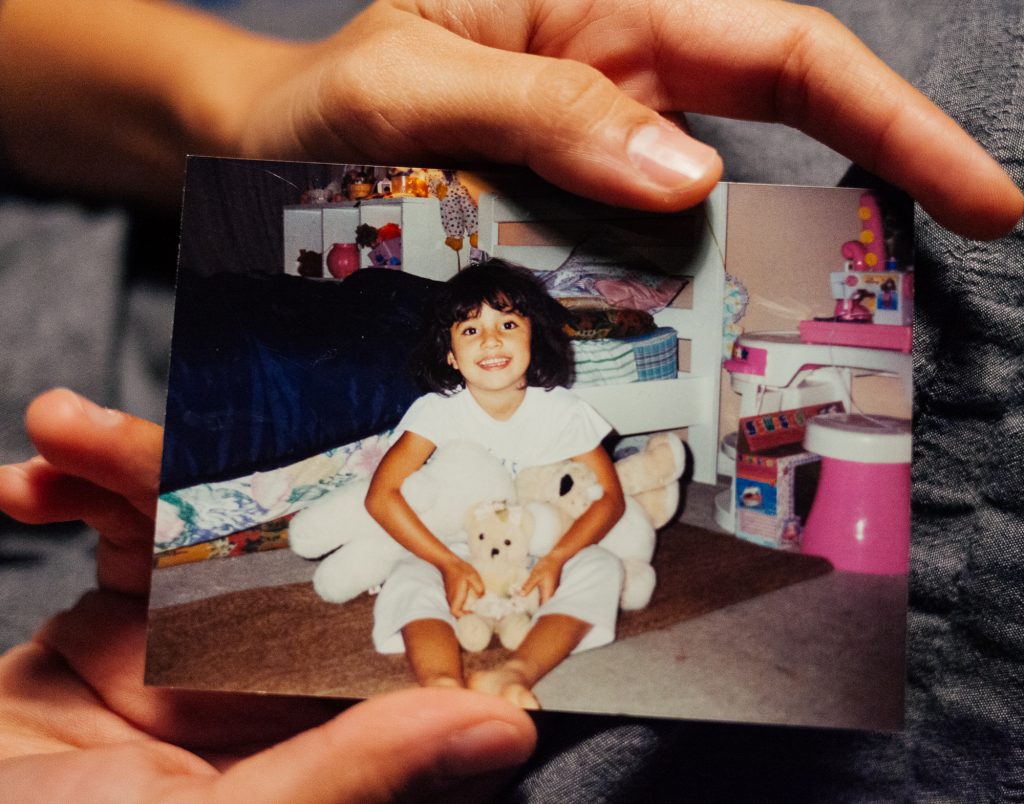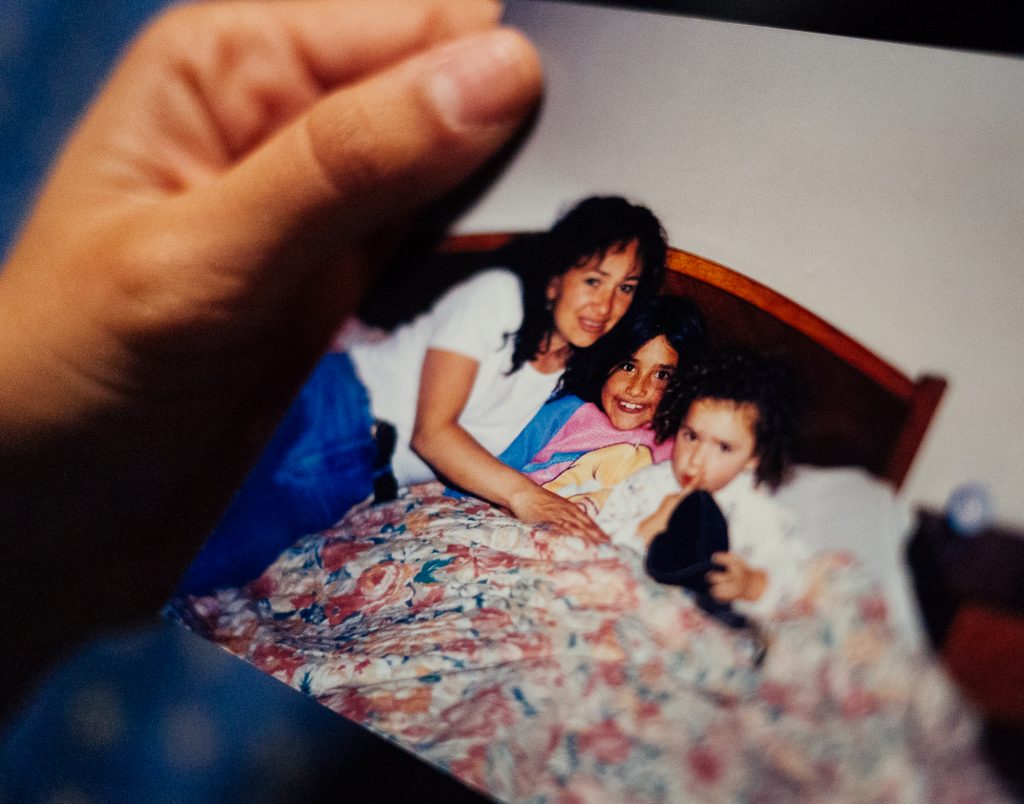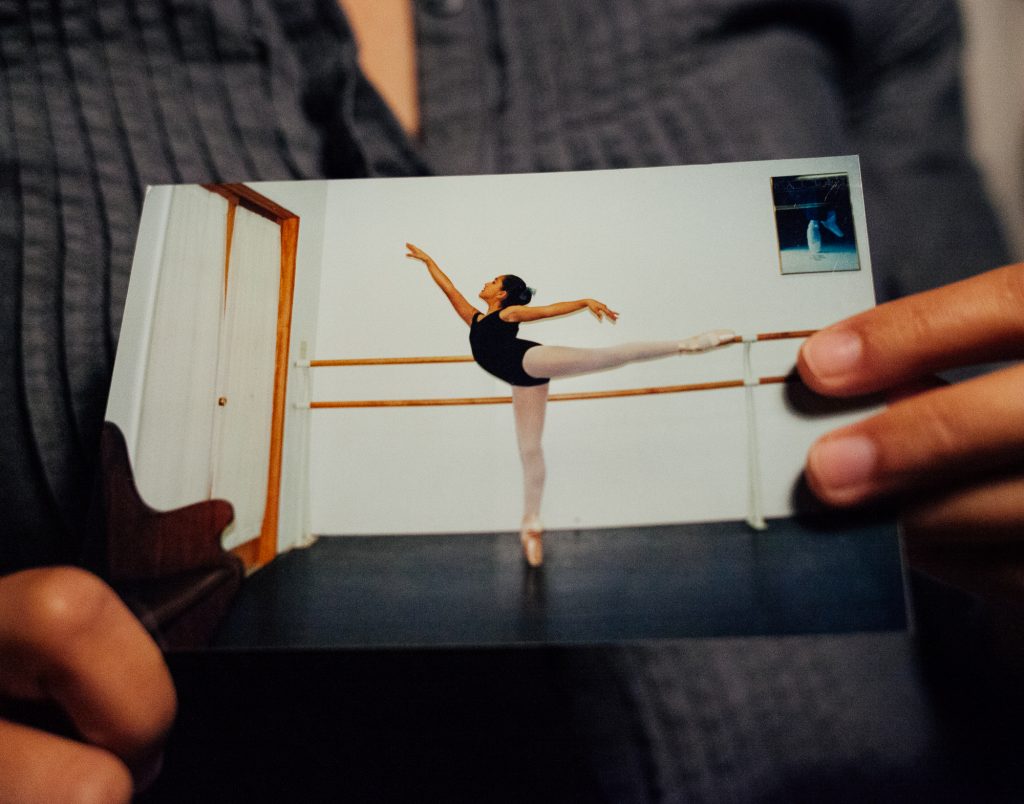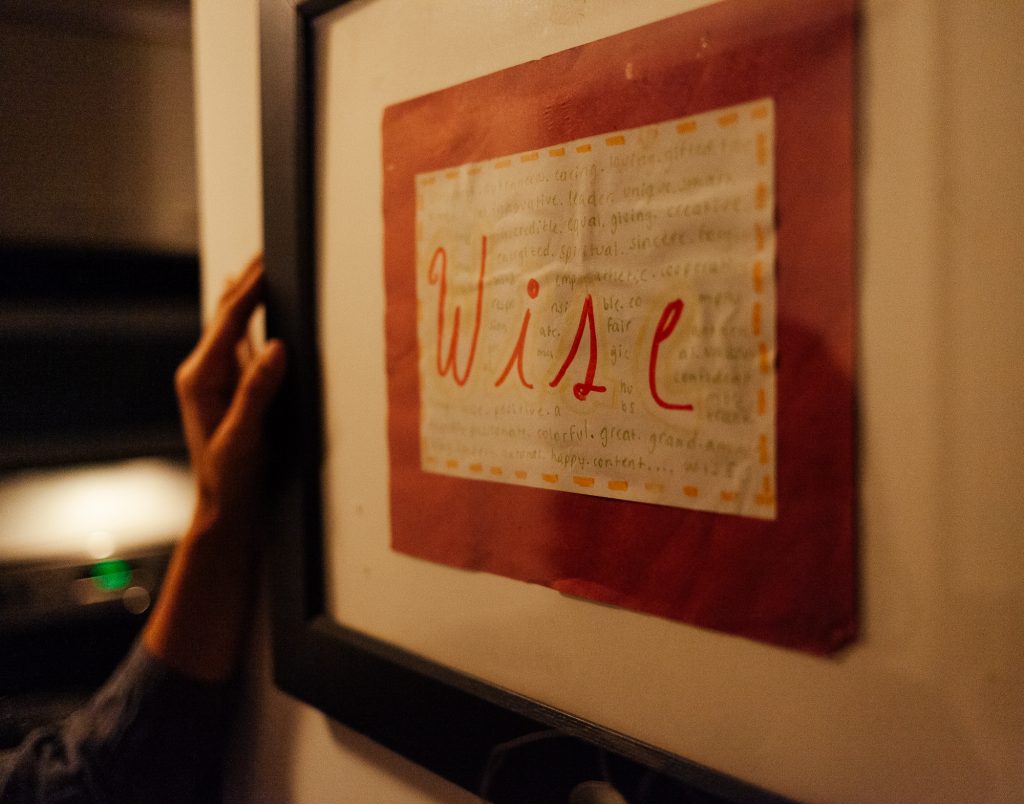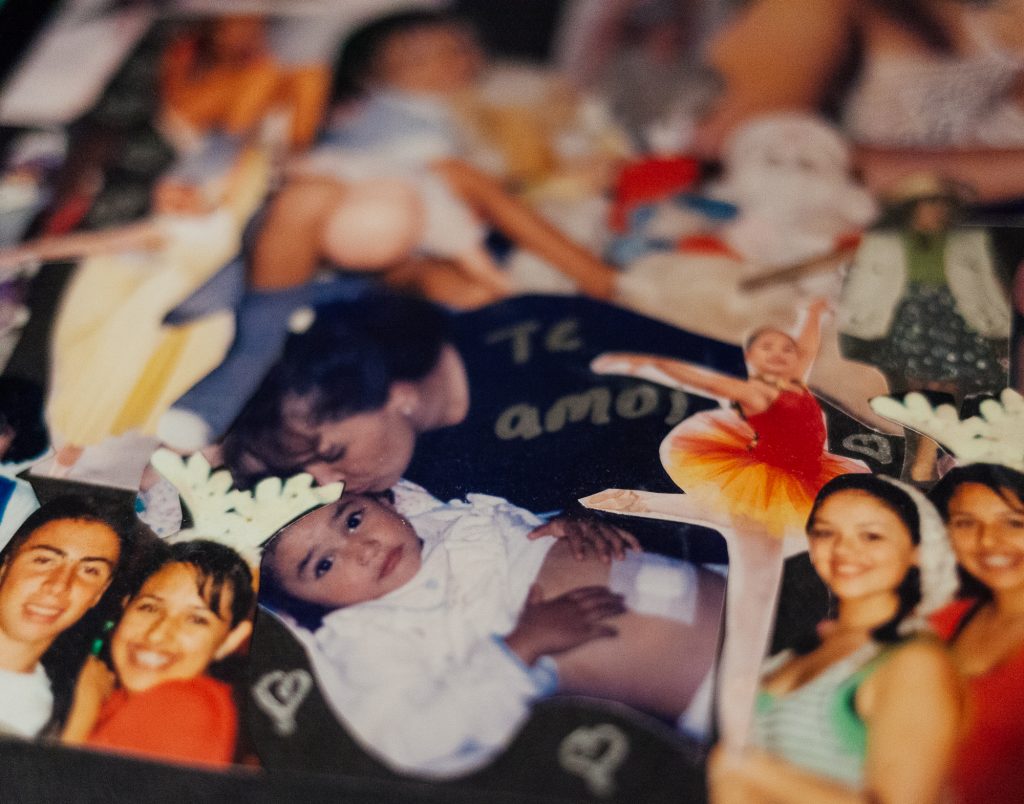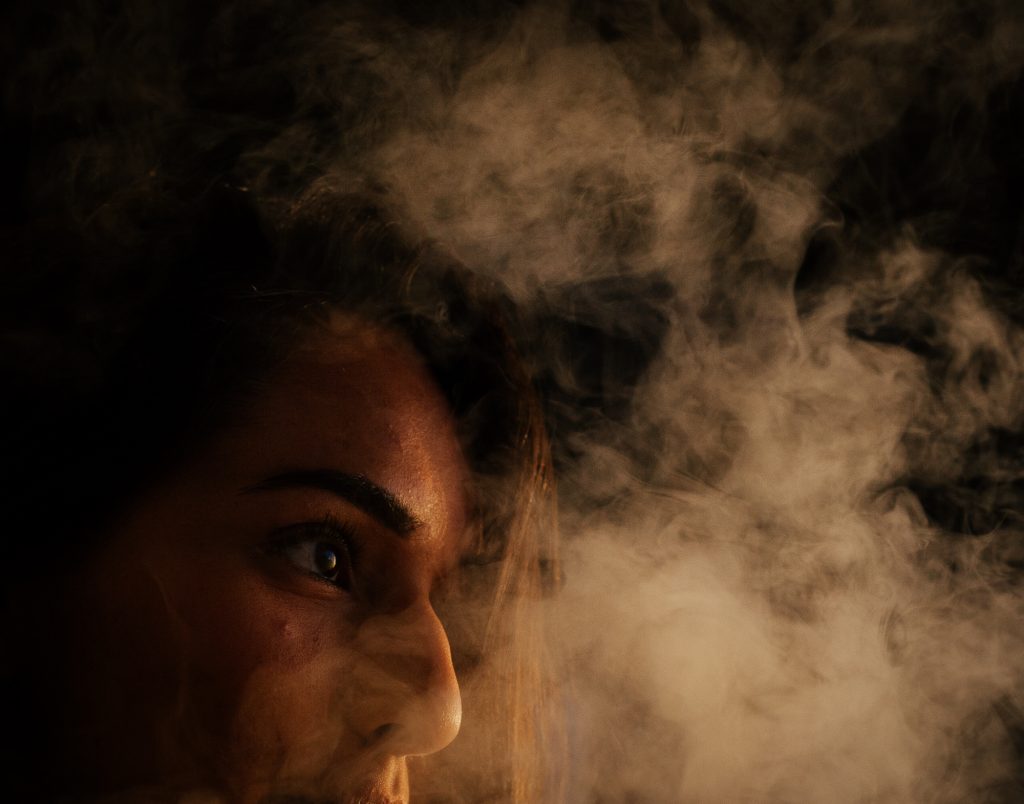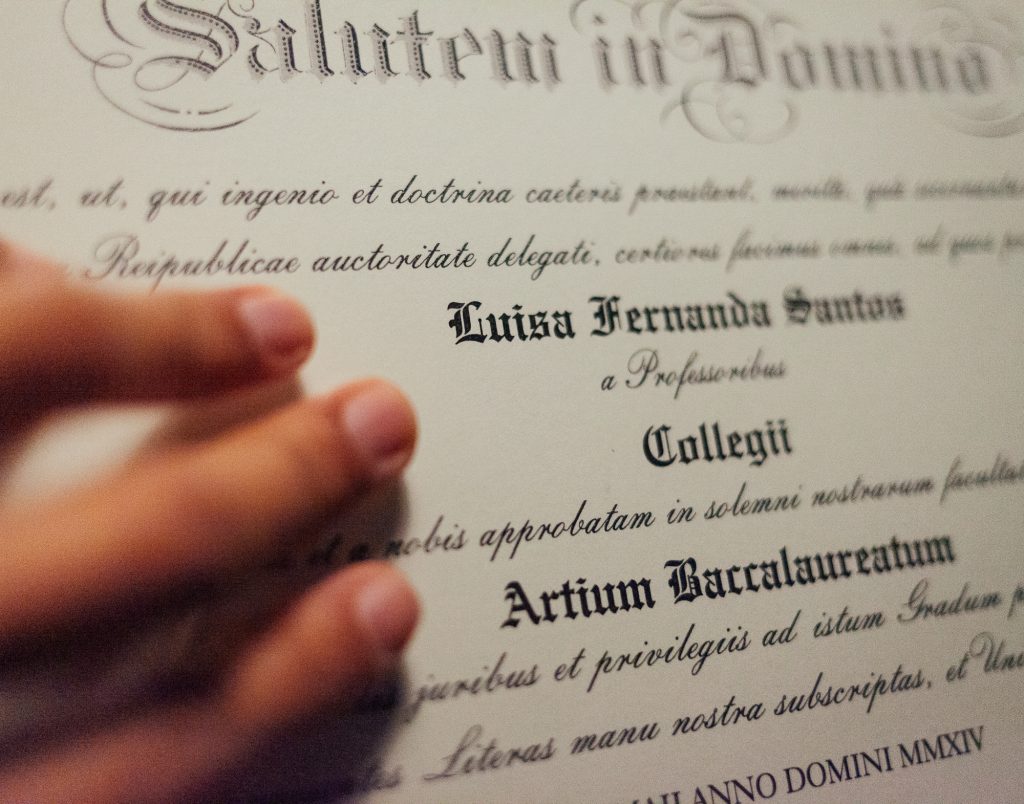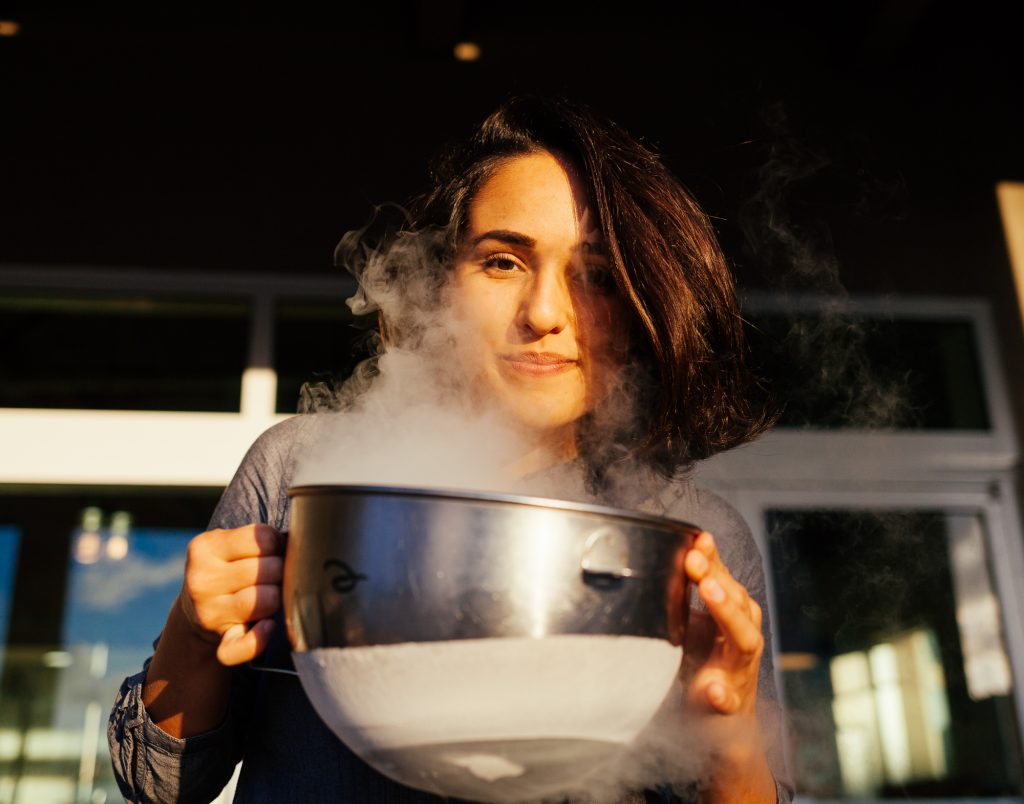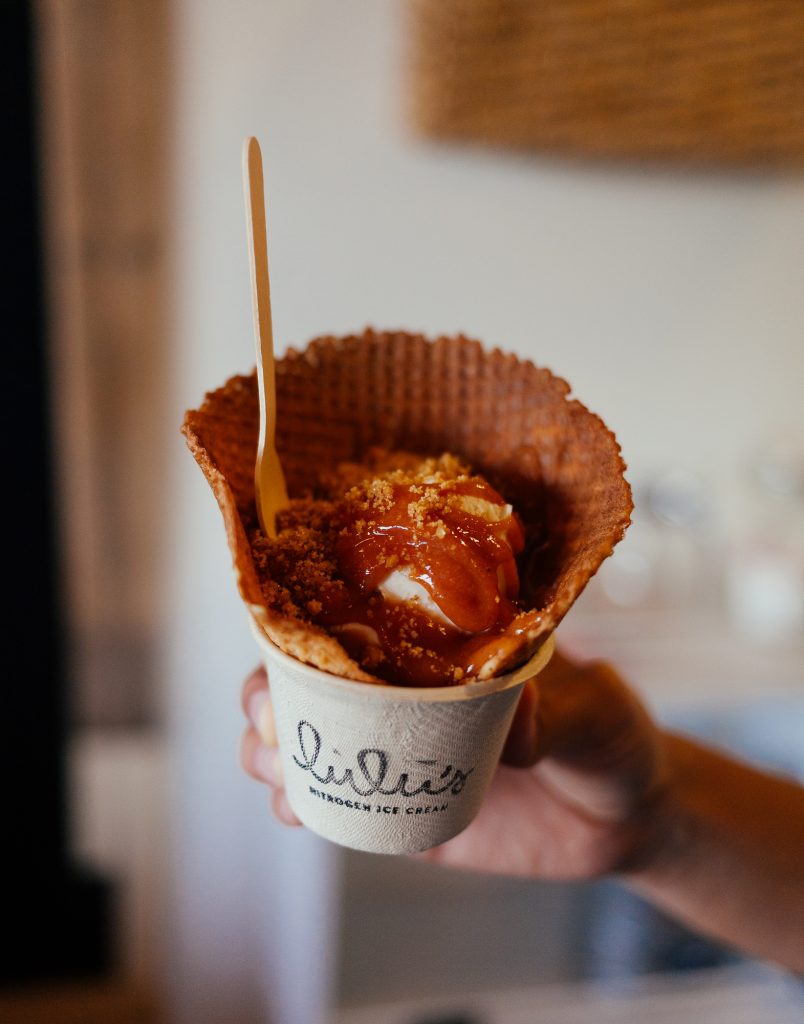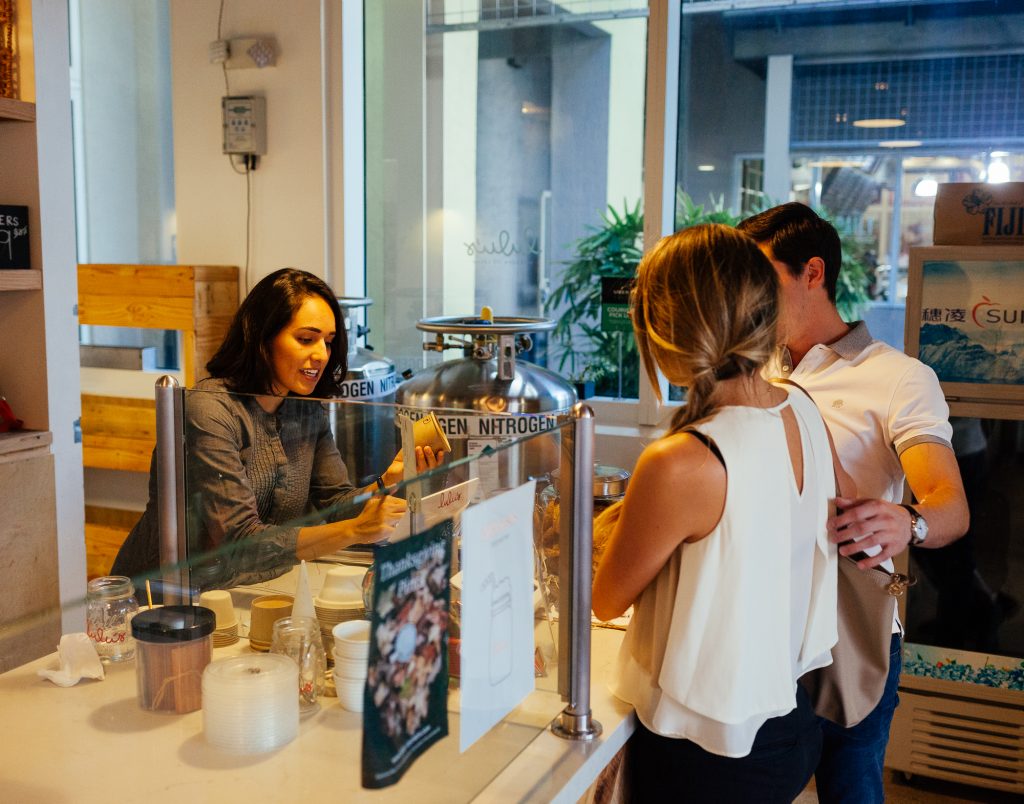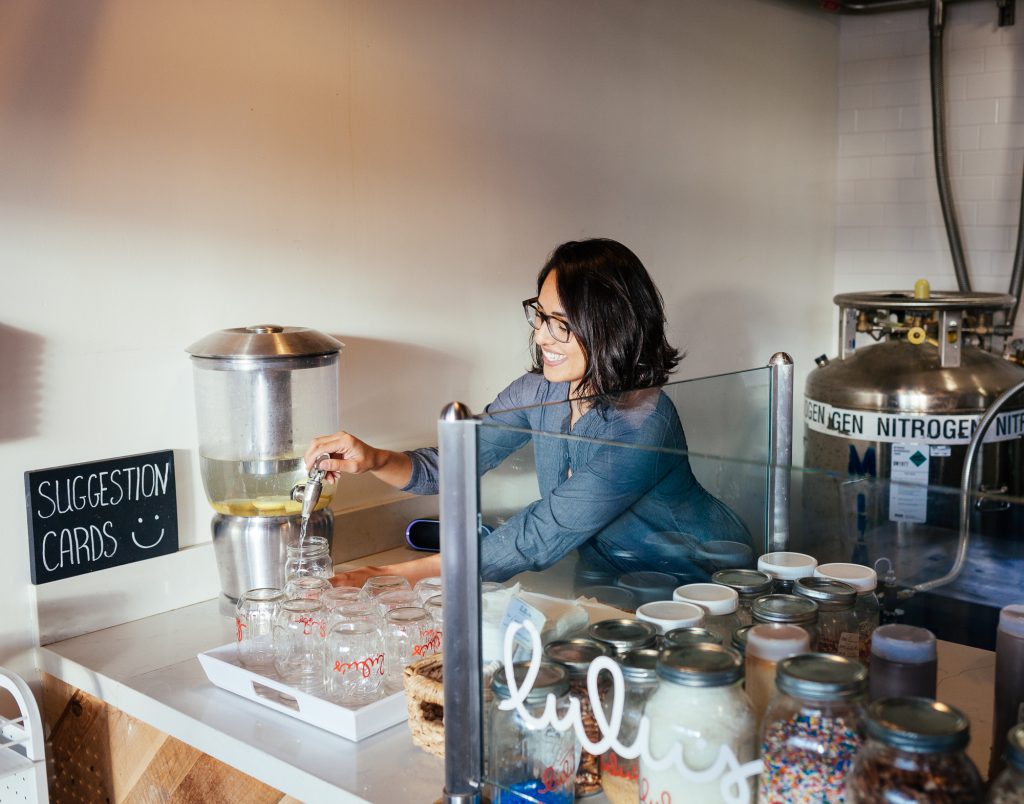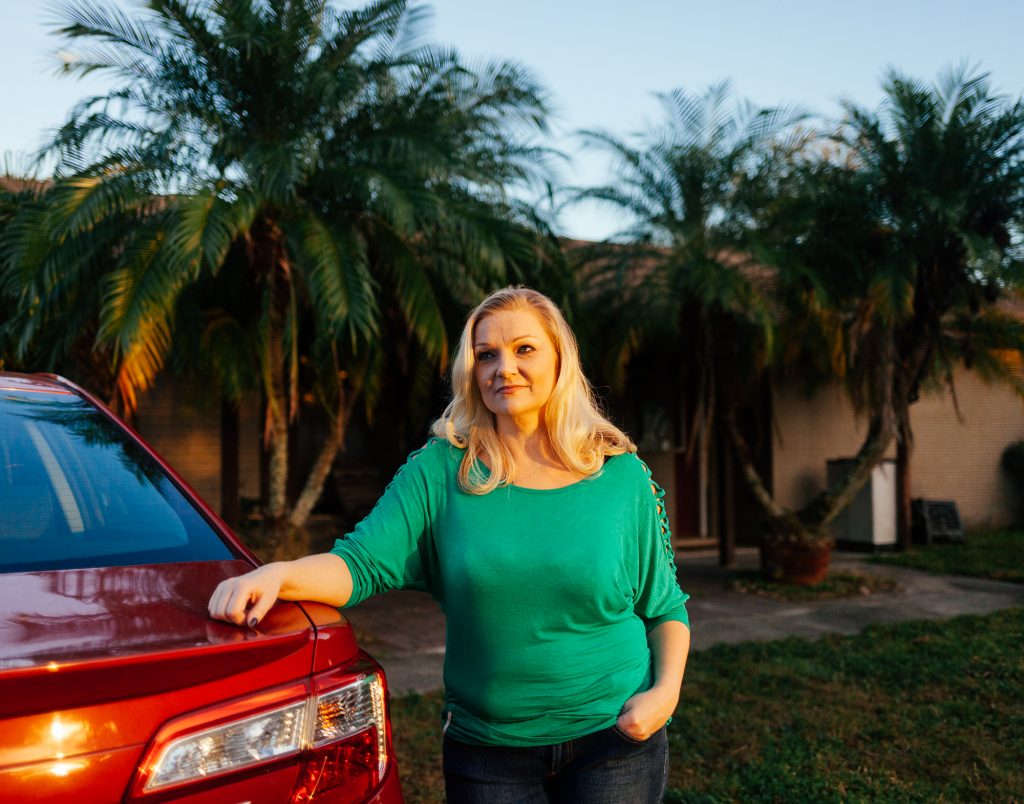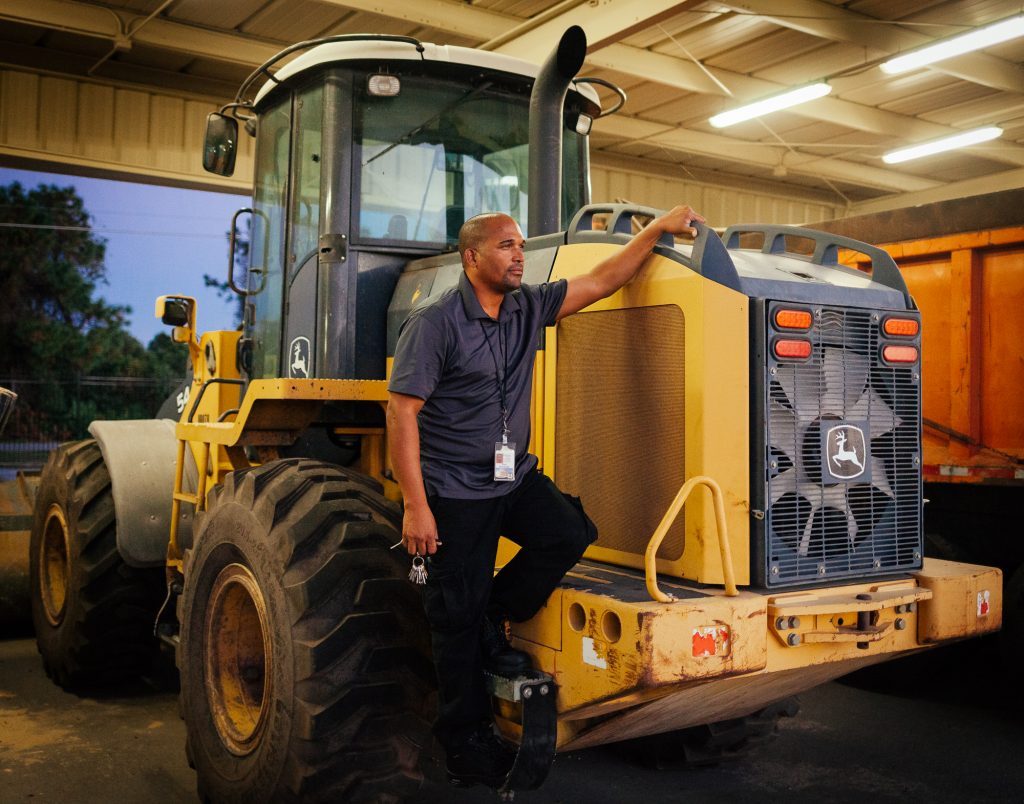
Childhood
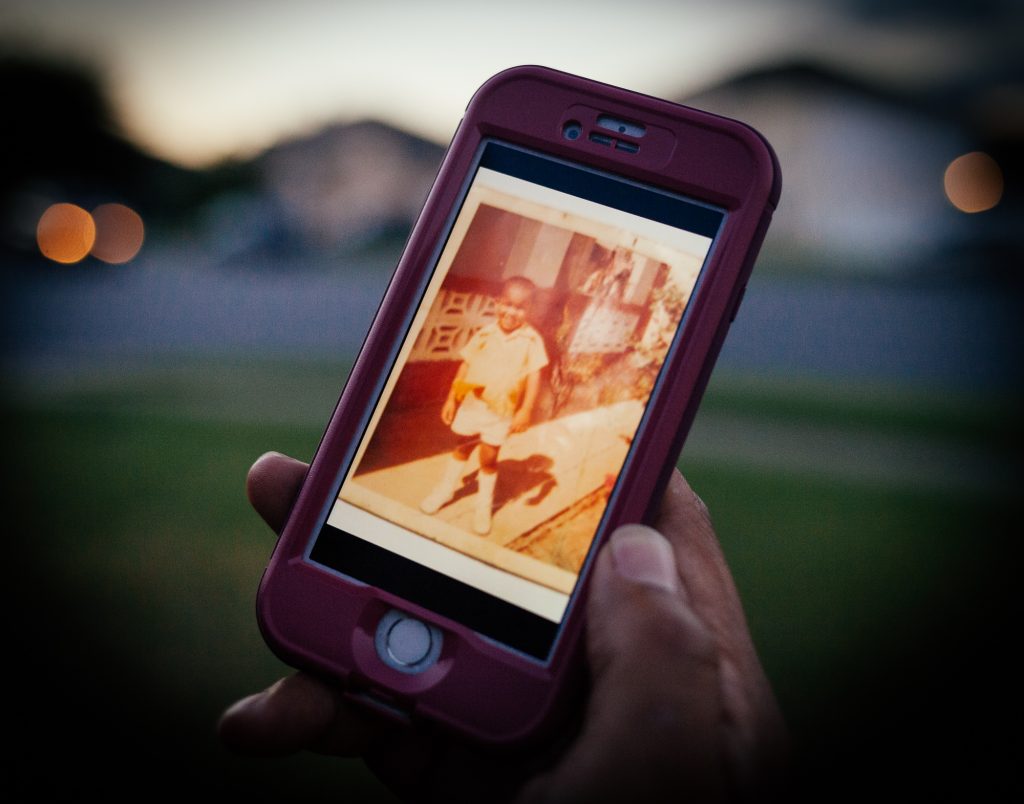
Raul enjoyed his childhood in Santo Domingo, the Dominican Republic’s capital. He loved playing ball in the street on a rainy day or going to the river when the sun was shining. He and his friends never worried about their safety when they went out in the city unsupervised. Santo Domingo wasn’t the dangerous place that Raul hears it is today.
Dominoes
Raul loves dominoes – a national pastime in the Dominican Republic. He learned how to play from his dad and all the men in his family play the game. Raul had his board and “bones” (the pieces) custom-made [see the photos below].
“My dad always loved to play dominoes. They would go out at six in the afternoon and play to four or five in the morning. I remember one time he was playing dominoes. He was so into it that he didn’t want to get up, so he gave me his cigarette so that I would light it!” (audio below)
Raul says that dominoes is more about the conversations with friends that happen during a game than anything else. He doesn’t think many things in life are better than a good game of dominoes with friends.
The Place with the Nice Smell
In 1981 his father left for the United States and lived with Raul’s uncle in New York. Raul loved the smell that would come from his dad’s suitcase whenever he came back to the Dominican Republic to visit them.
“When [my dad] would go back to visit us, I remember every time he opened his suitcase; there was this wonderful smell. To this day, I don’t know what it was.” (audio below)
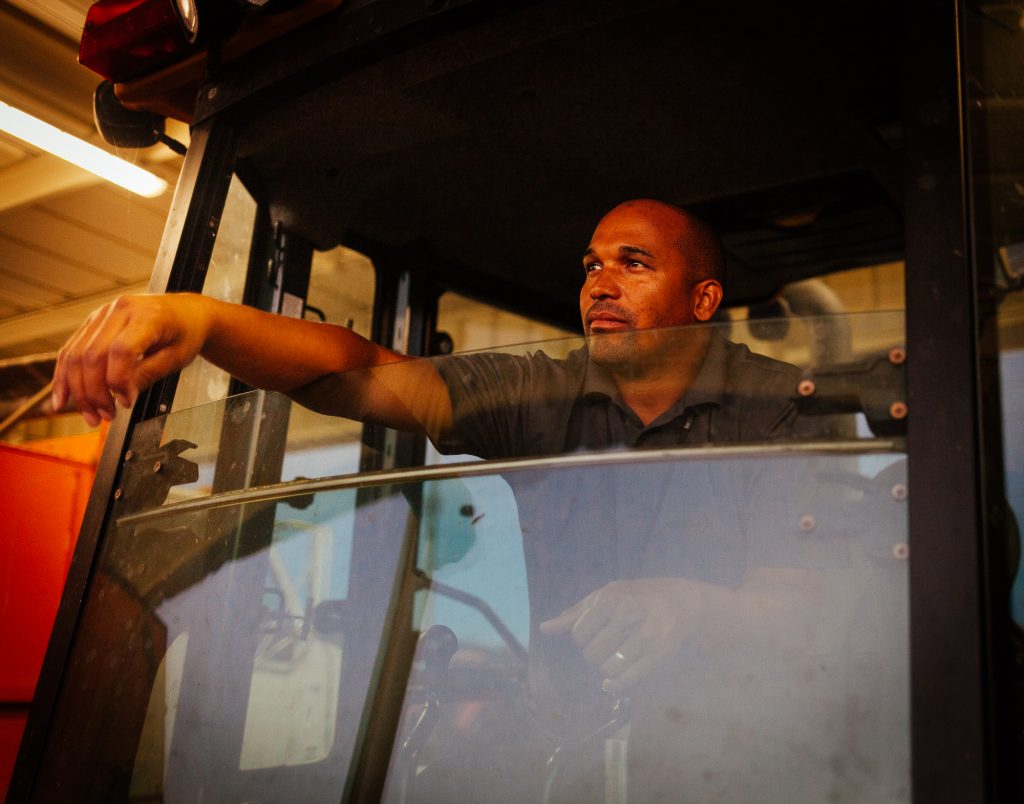
In November of 1987, Raul, age 14, and his mother and three sisters arrived in New York to join his father. He remembers how cold it was, and he didn’t have a jacket.
“I walked out of the airport – the doors open, and I felt this cold hit me straight in my face. I thought I was in a refrigerator. That totally blew my mind.” (audio below)
When they arrived, his father informed them they wouldn’t be living in New York – it was too dangerous and corrupt. Raul’s father decided to move the family to Providence, Rhode Island. Raul loved his high school in Providence and still gets excited every time he returns to visit his parents and sister Dhamarys, who still live there.
“When I go back to Providence, it is like I’m going to the Dominican. Both places are very special in my heart.”
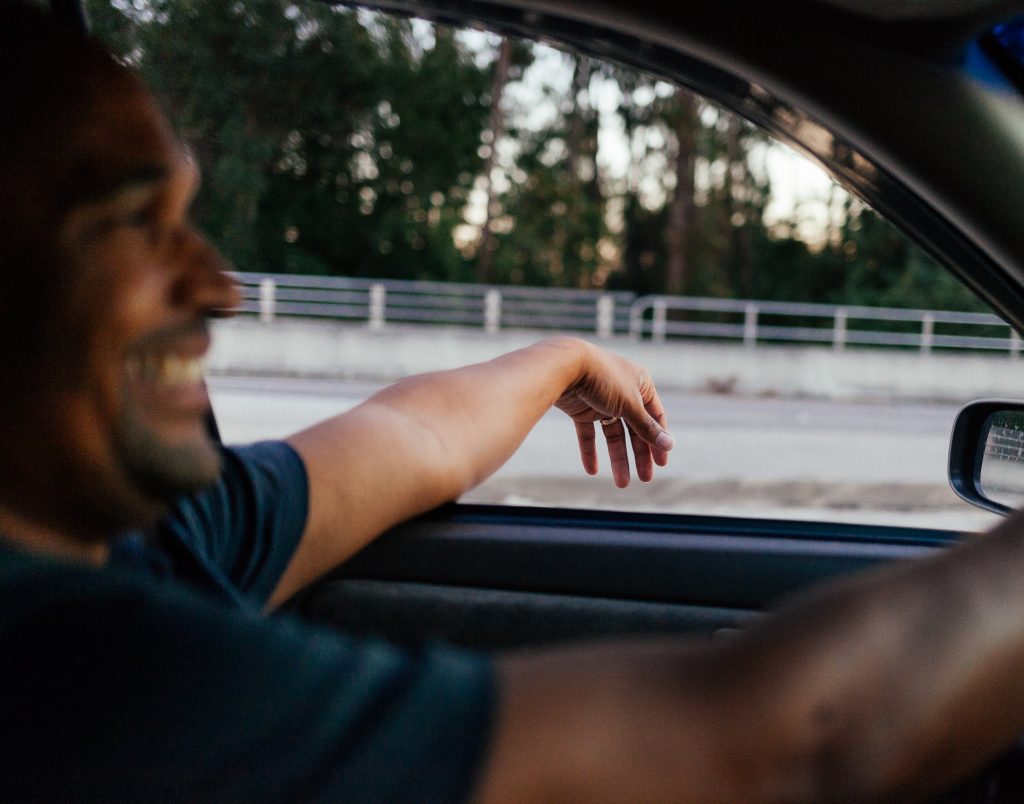
Florida
Raul’s friends in Rhode Island always talked about Florida. One day he decided to take a trip and see what everybody was talking about.
“ The first thing I see when I walk out of the airport is people in t-shirts! No snow at all! What!? Where am I? That moment I said ‘I got to move.’” (audio below)
Raul has been living in Orlando since 1999. He loves how quiet it is in his neighborhood. Raul explains how Orlando is safe, primarily because of Disney.
“Disney has got a lot of power, so they are going to control crime and the nonsense of cities. Having Disney around is a major influence on the economy. They are always going to make sure the people who come here are going to feel safe. They try to help out the police in any way they can cause it’s to their benefit.”
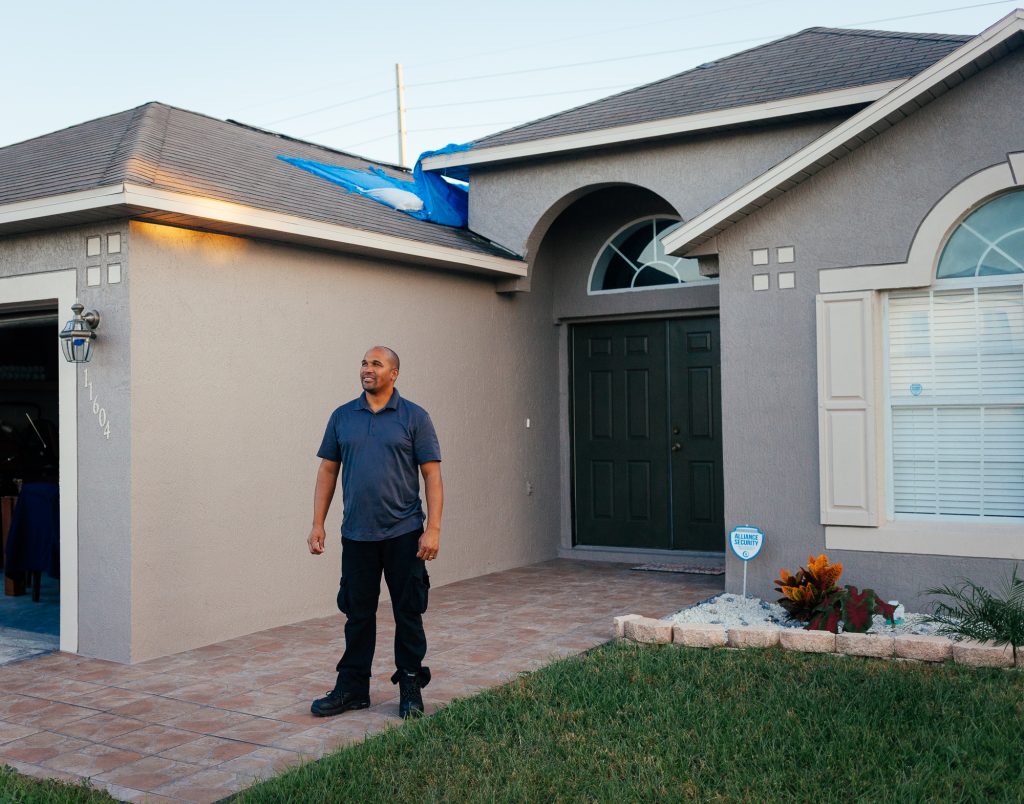
Christ
In 2007 Raul “came to Christ”. He had been raised Catholic and went to church “once in a blue moon”. He was single and went out to a club where he met his future wife. She was part of the church and invited him to join her.
“God started working in my life. Ever since then, it has been the most wonderful thing that has ever happened to me.”
At church, he met a former New York City drug dealer who now goes into prisons to tell inmates how Jesus can change their lives. He tells them a story about being shot at, yet none of the bullets hit him – an experience he believes demonstrates how God is real. Raul liked his message and was invited to join. Raul had never gone into a jail, but he felt God telling him not to worry, and he joined Orange County Jail Ministry in 2011. (audio below)
“I’m the one who is going to guide you, I just need you to go there, and I’m going to speak through you. That’s what God has done. He speaks through me.”
He says it’s a moving experience seeing these tough grown men crying.
“The Bible says that once you are in Christ, you are a new creature. That’s what we try to share.”
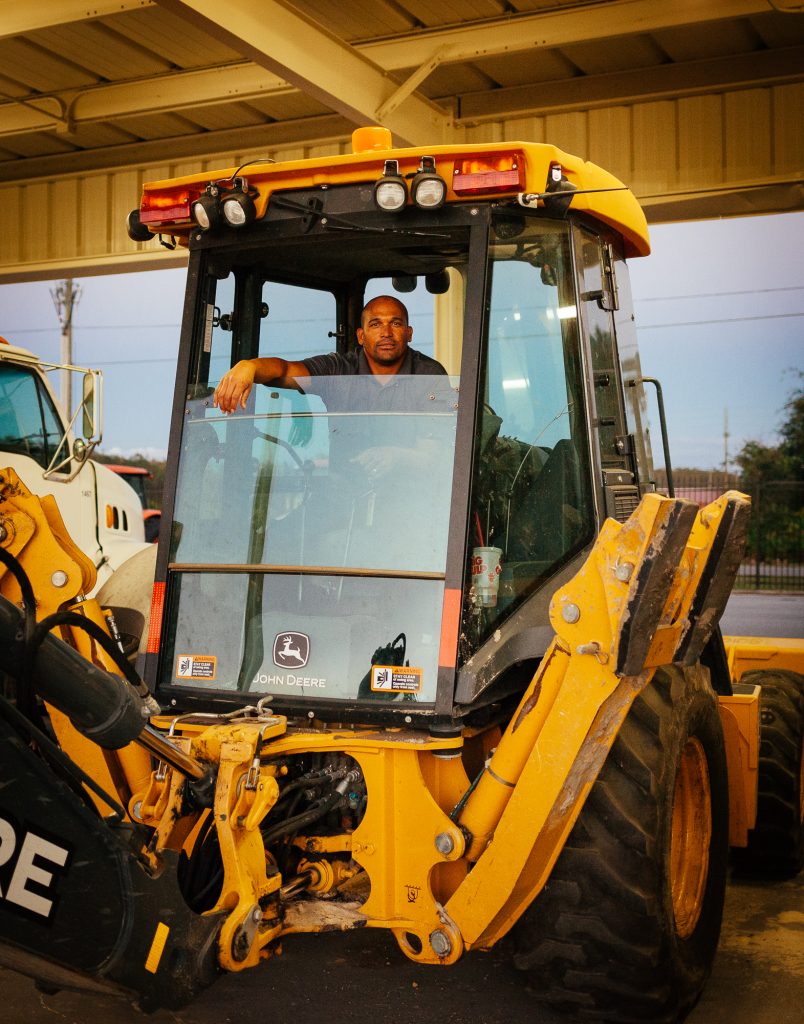
The Yard
Raul started his current job with Orange County in 2002. He does maintenance – roads, sidewalks, grass, trees, etc.
“We serve the community. Whatever the community needs, we go and do it. Hole in the road? Pipes leaking? We try to make sure the community is safe. I can honestly say, I love my job.”
His crew is part of the emergency responders, and since Raul lives closest to the yard (the place where equipment is stored), he gets called first. Technically he works regular hours Monday to Friday, but in reality, he is never off. When Hurricane Irma hit in 2017, he was the one in the yard for the storm, ready for anything. Immediately after the hurricane passed, his top priority was opening the road to the hospital, and that’s what he did.
Daughters
Raul has two daughters in their early twenties from a previous relationship and a lot of regrets. He feels like he was too young and stupid to handle his responsibility correctly.
“I tell them all the time, ‘I love you to death’. I was young and stupid, so I wasn’t there to see them grow. That kind of created a barrier between us for years.”
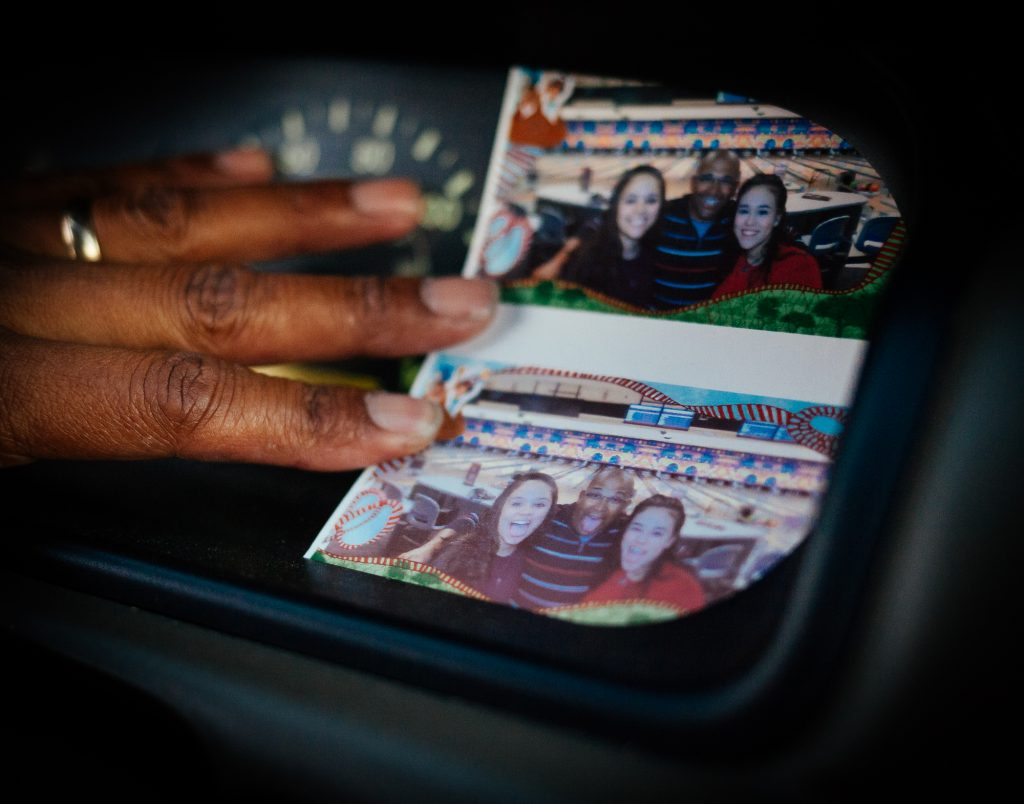
When he moved south to Orlando, they stayed up north. Not only was there emotional distance, but physical distance too – he couldn’t afford to fly to see them every week, so they talked on the phone.
“It is hard when you are not part of their life; you can be responsible financially, but later on, you realize they needed you physically. I made a mistake. I should have never left and should have been close, so they knew what having a dad is like. It was really selfish and I tell them that.” (audio below)
Raul says they are trying to work things out. He is trying to call more and spend more quality time with them in person. Still, there is a lot of pain. Now that Raul is getting older, he says he is starting to see life differently, and how it’s the little things that are important.
Purpose
Raul hasn’t visited the Dominican Republic in almost three decades, but says that “the Dominican will always be in [his] heart.”
“I love and miss my country, but in all honesty, I love this country too. As much as I miss the Dominican Republic, I don’t see myself living there again.”
In the United States, Raul is devastated by all the hate he sees on the news and prays that things get better.
“What are we becoming as a society, as a nation? It’s sad. What I want for the future is for God to use me in an amazing way. We are living in the days when we need God more than ever.”
Ultimately Raul says his two main goals are to enjoy life and to be a blessing to the people he encounters.
“I’m grateful for every moment that God has allowed me to live.”
#FINDINGAMERICAN
To receive updates on the book release and exhibition of “Finding American: Stories of Immigration from all 50 States” please subscribe here. This project is a labor of love and passion. If you would like to support its continuation, it would be greatly appreciated!
© Photos and text by Colin Boyd Shafer | Edited by Kate Kamo McHugh. Quotes are edited for clarity and brevity.



